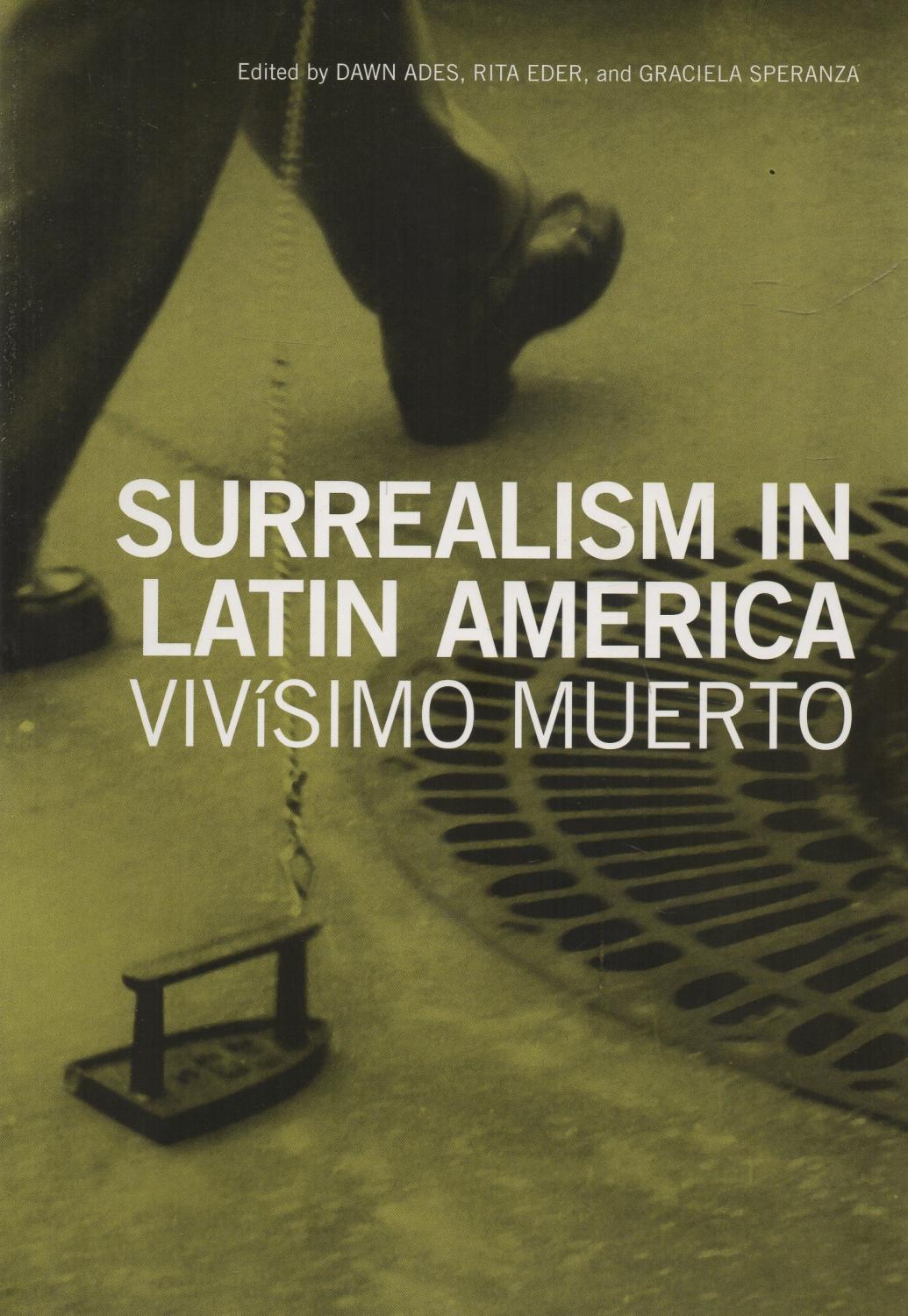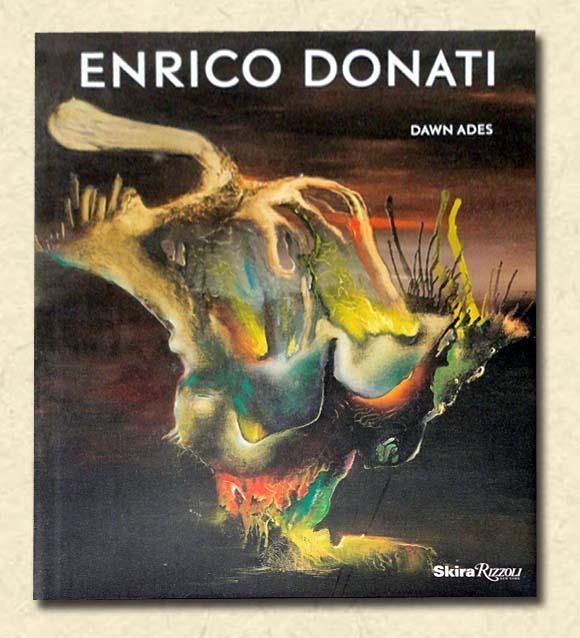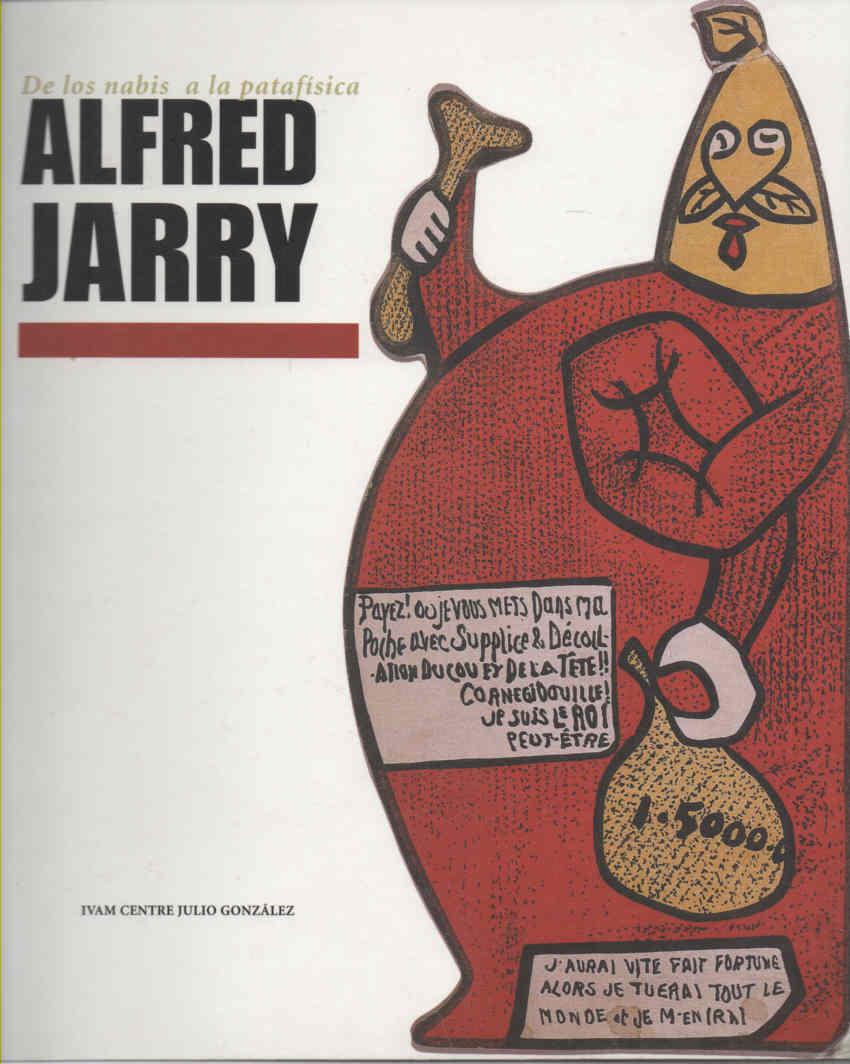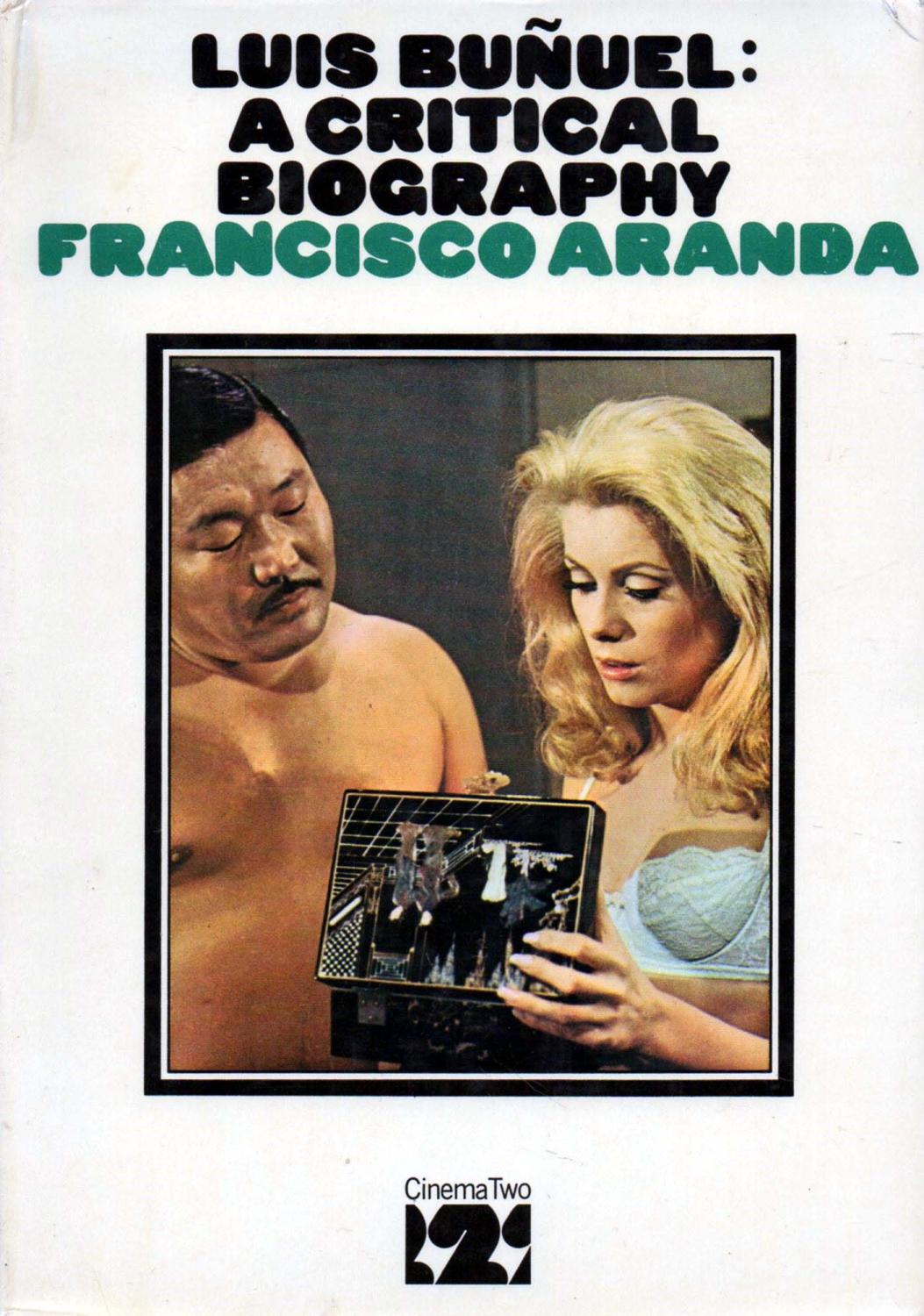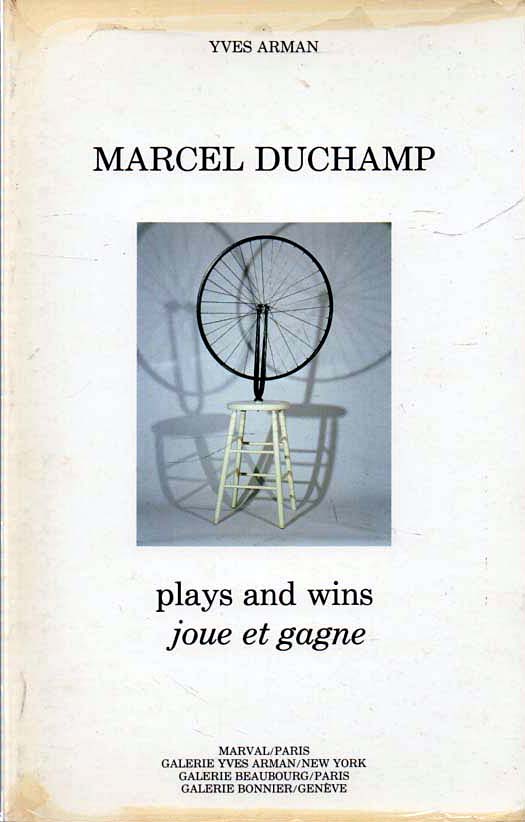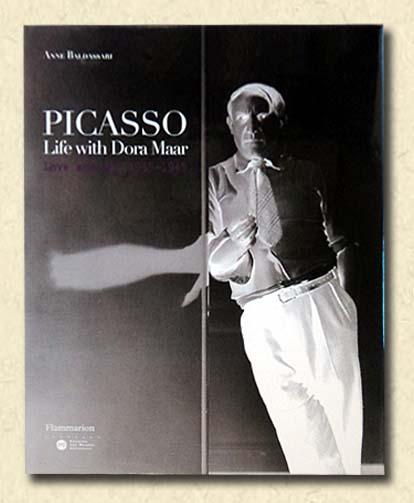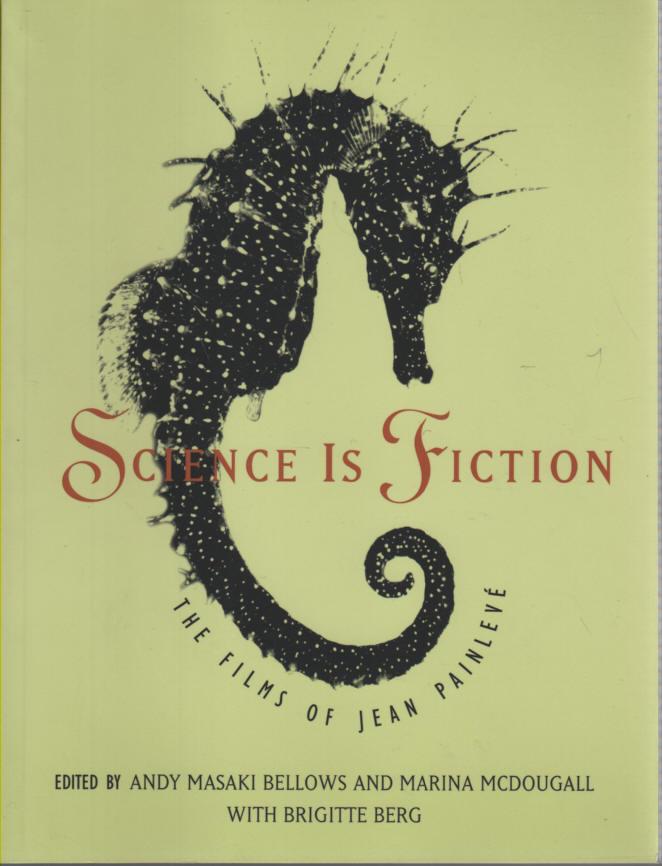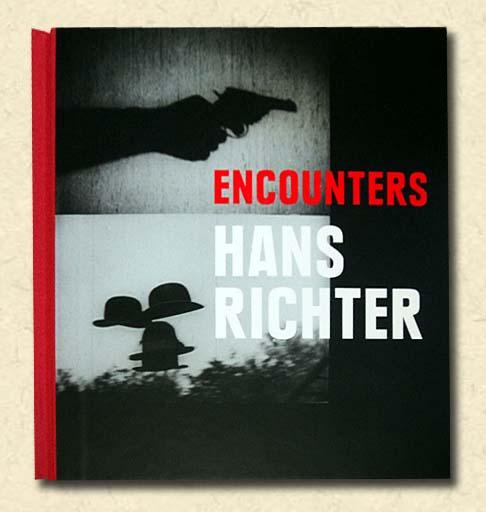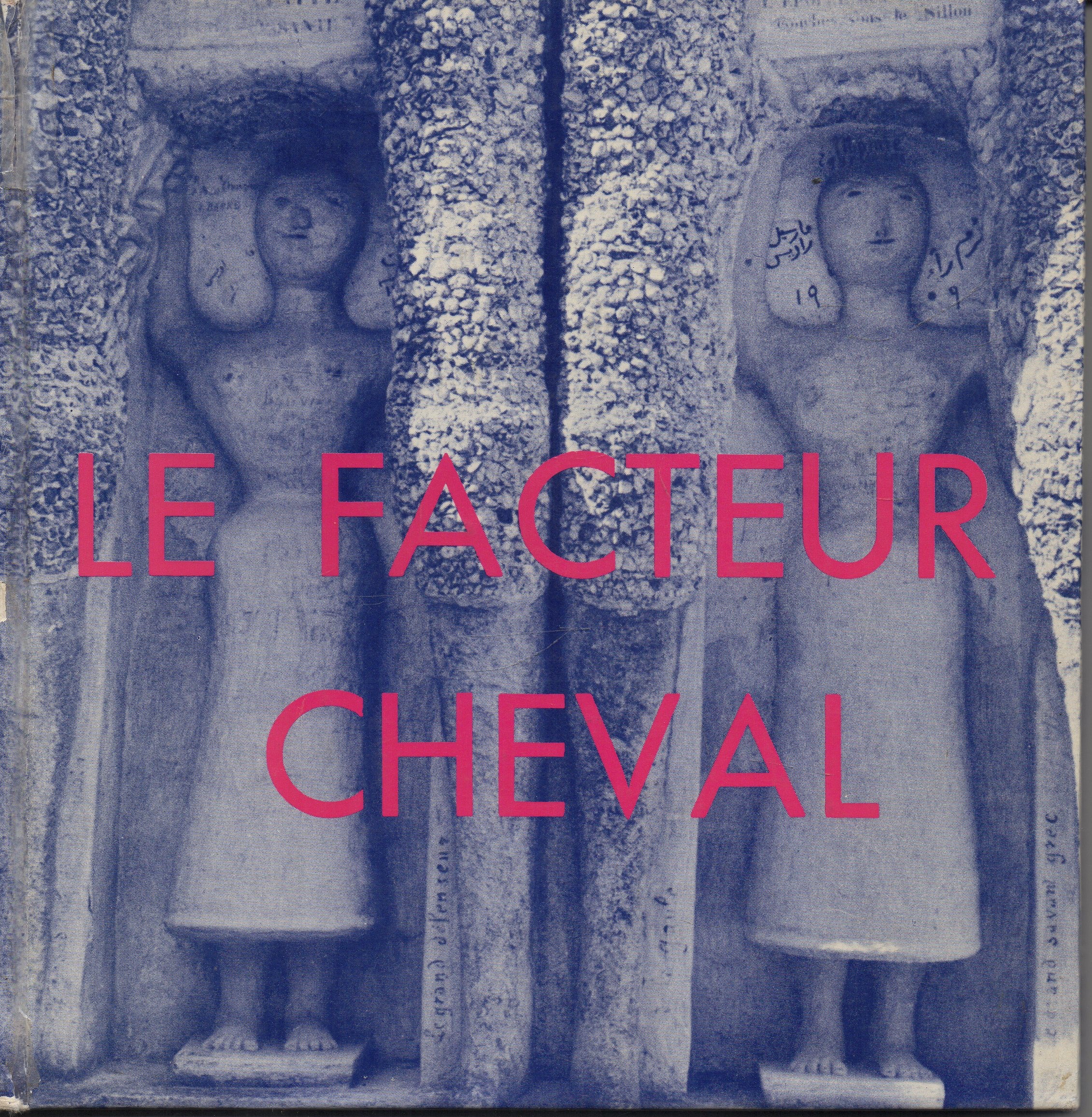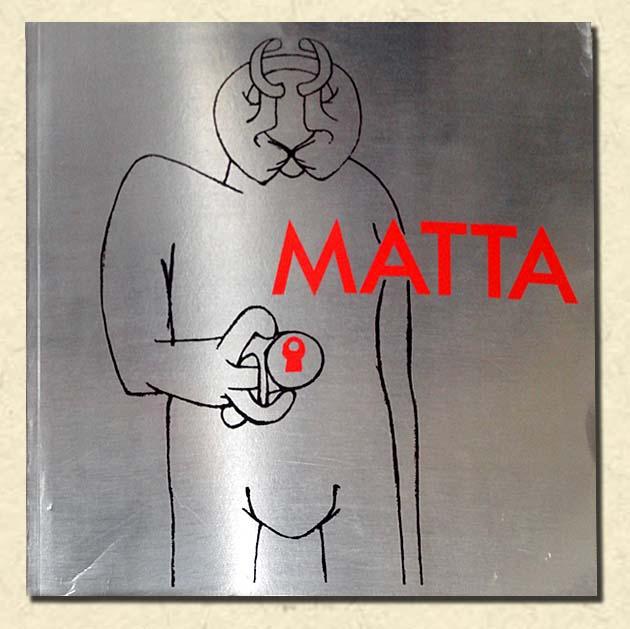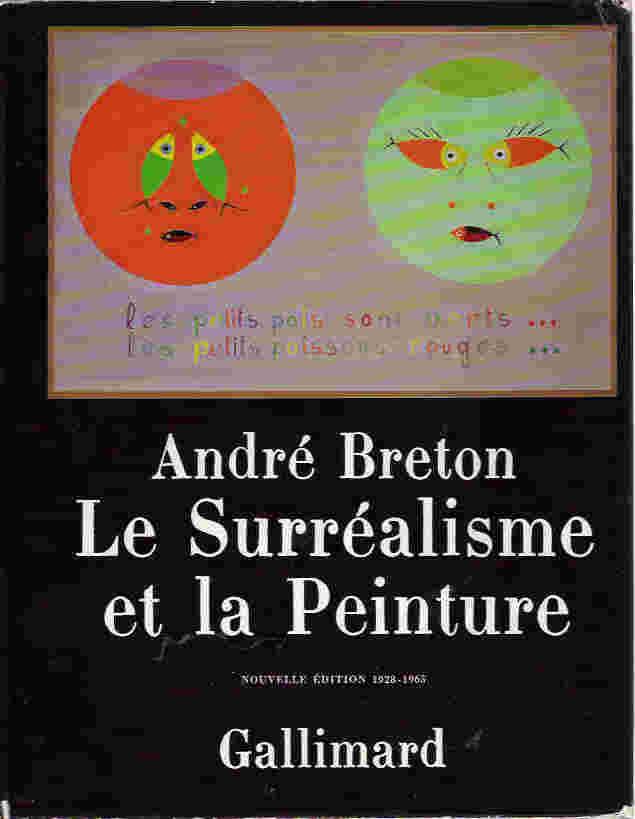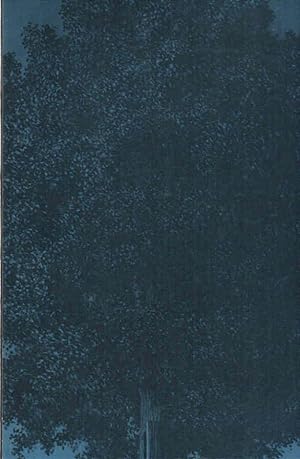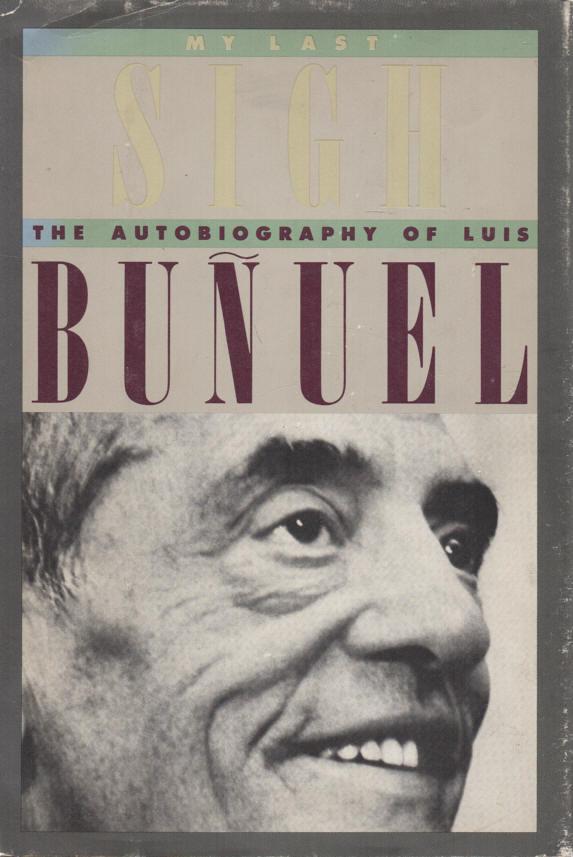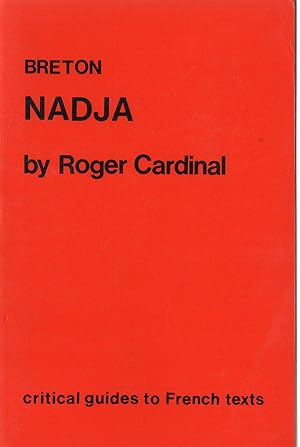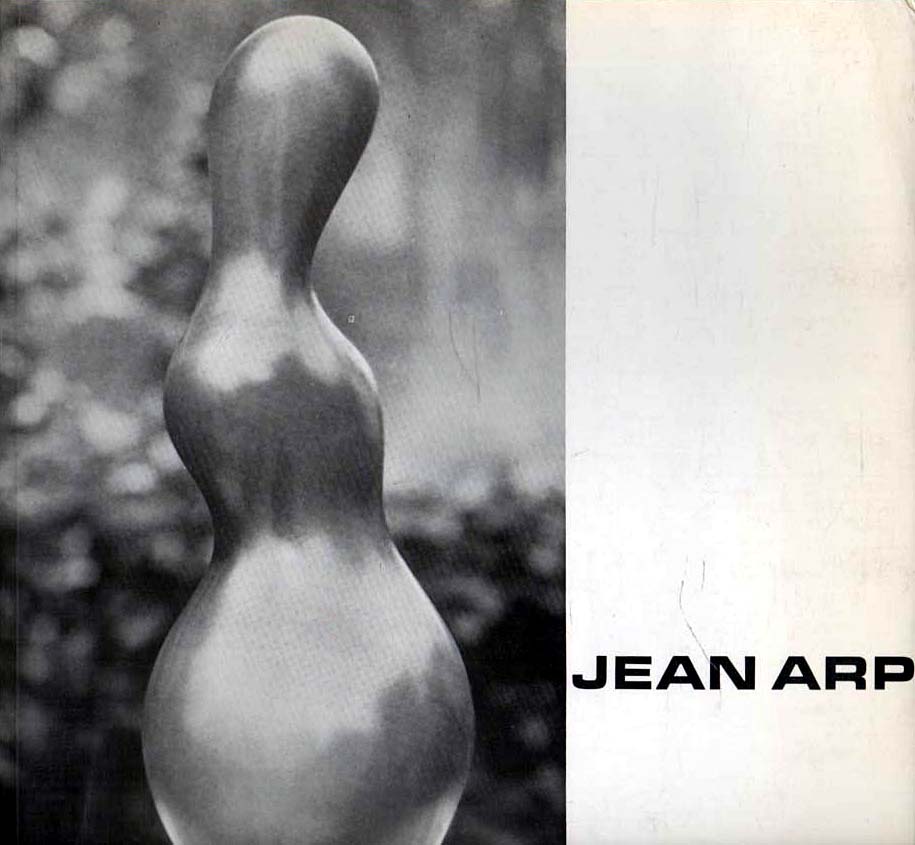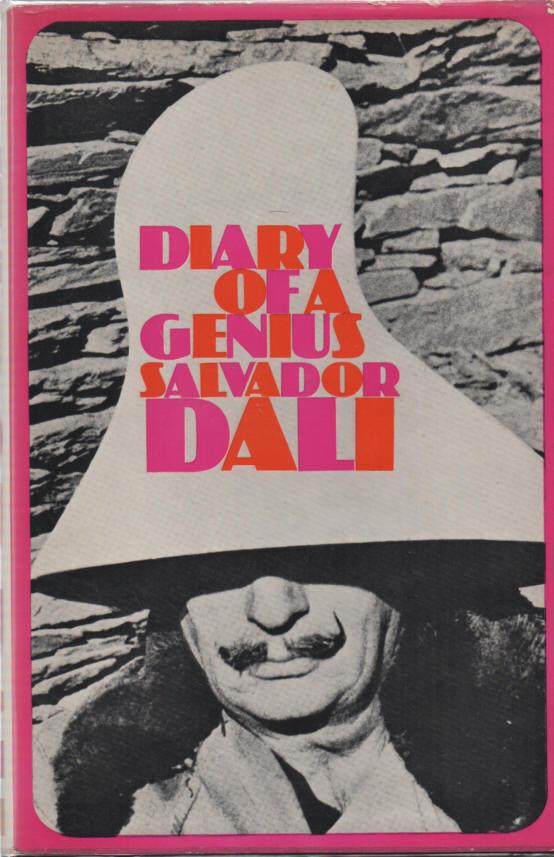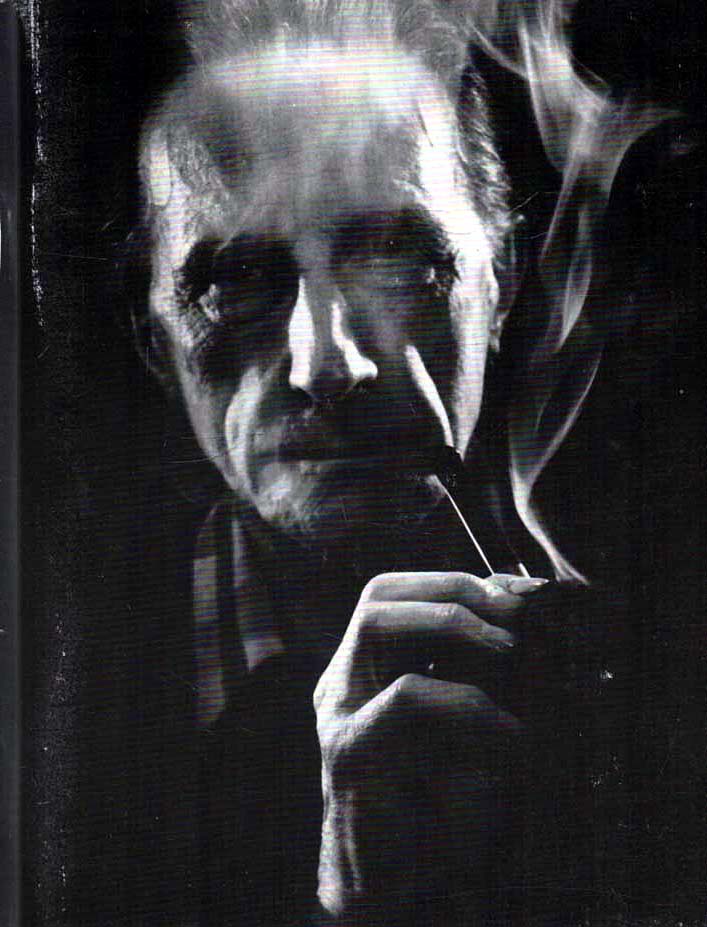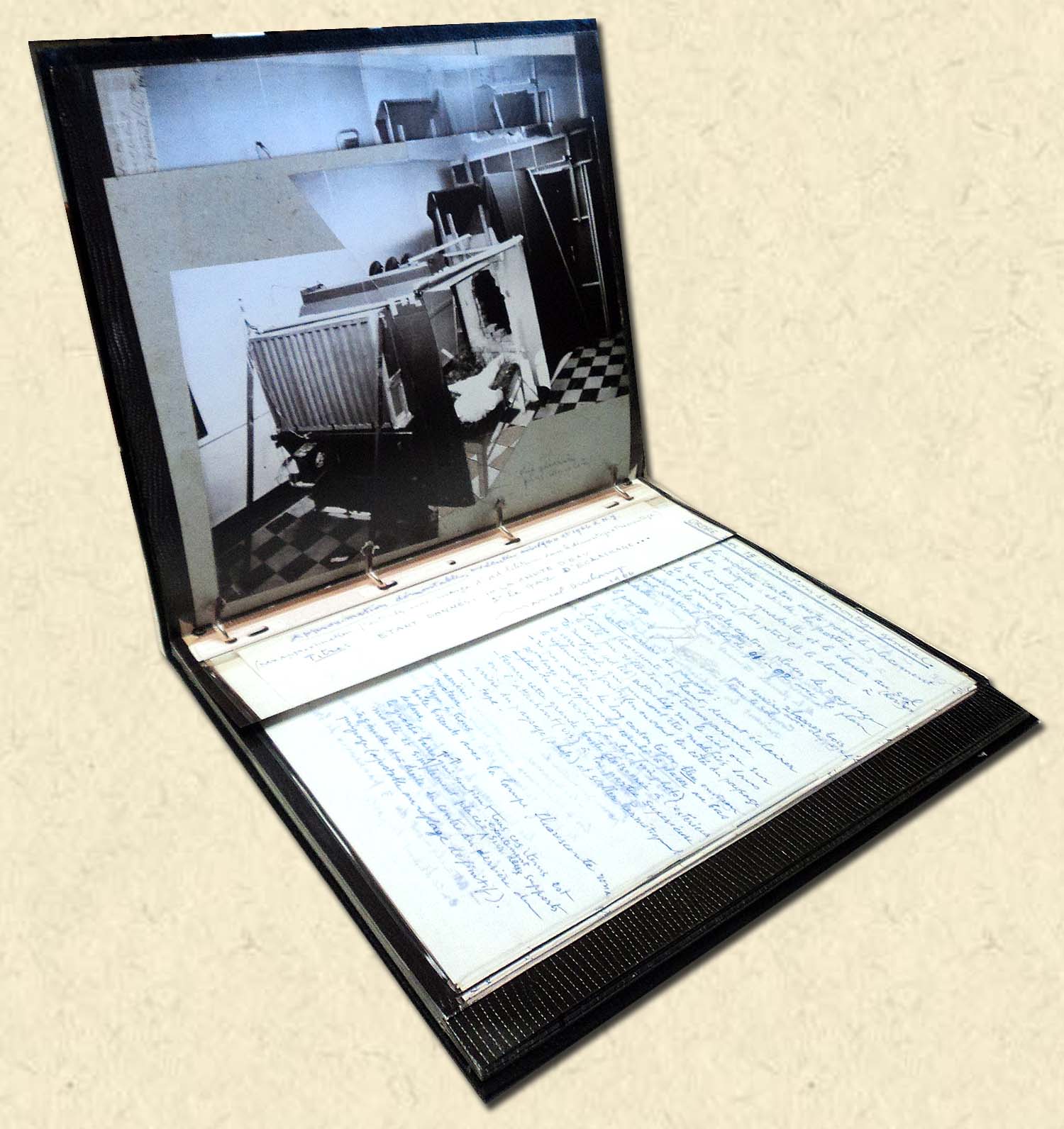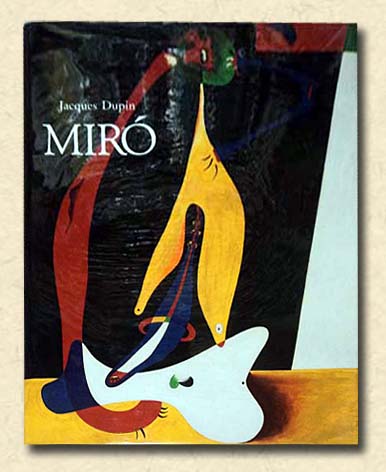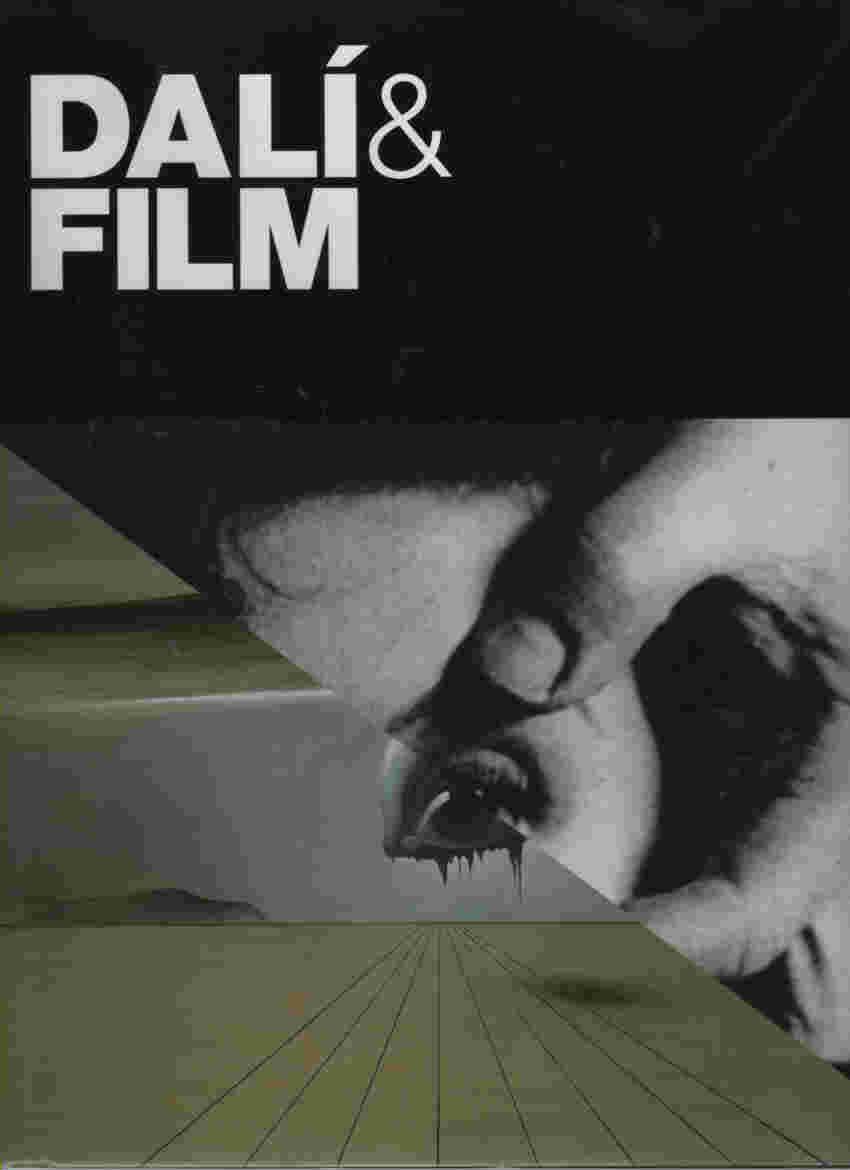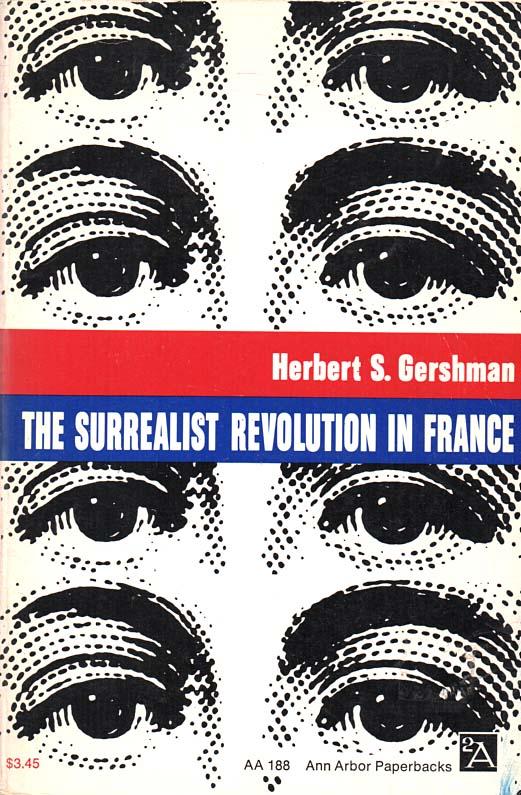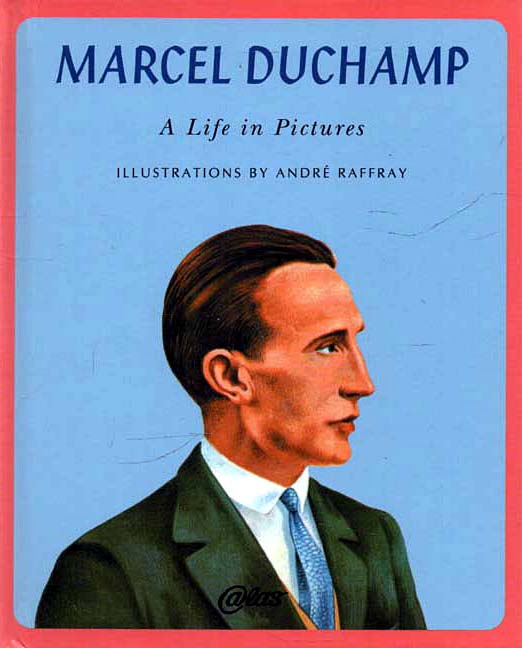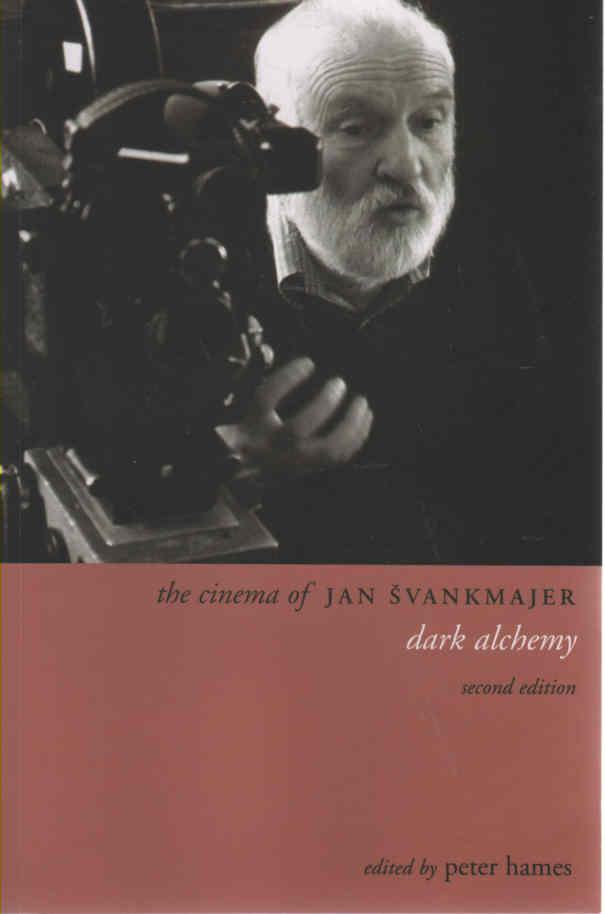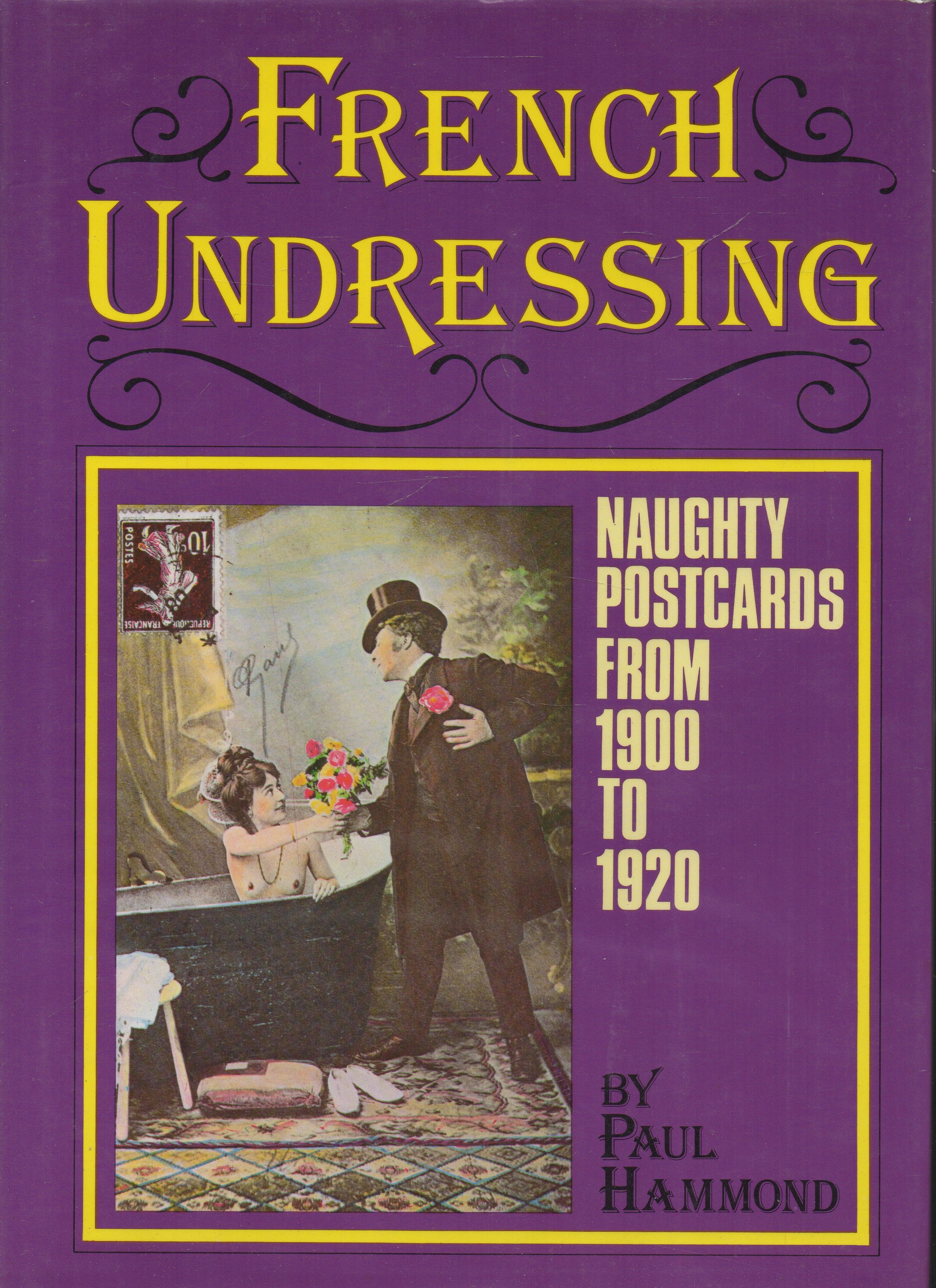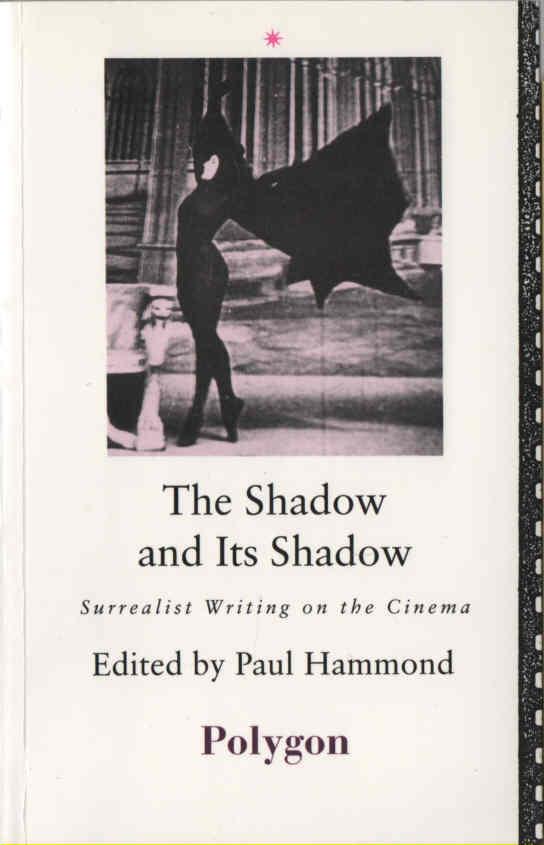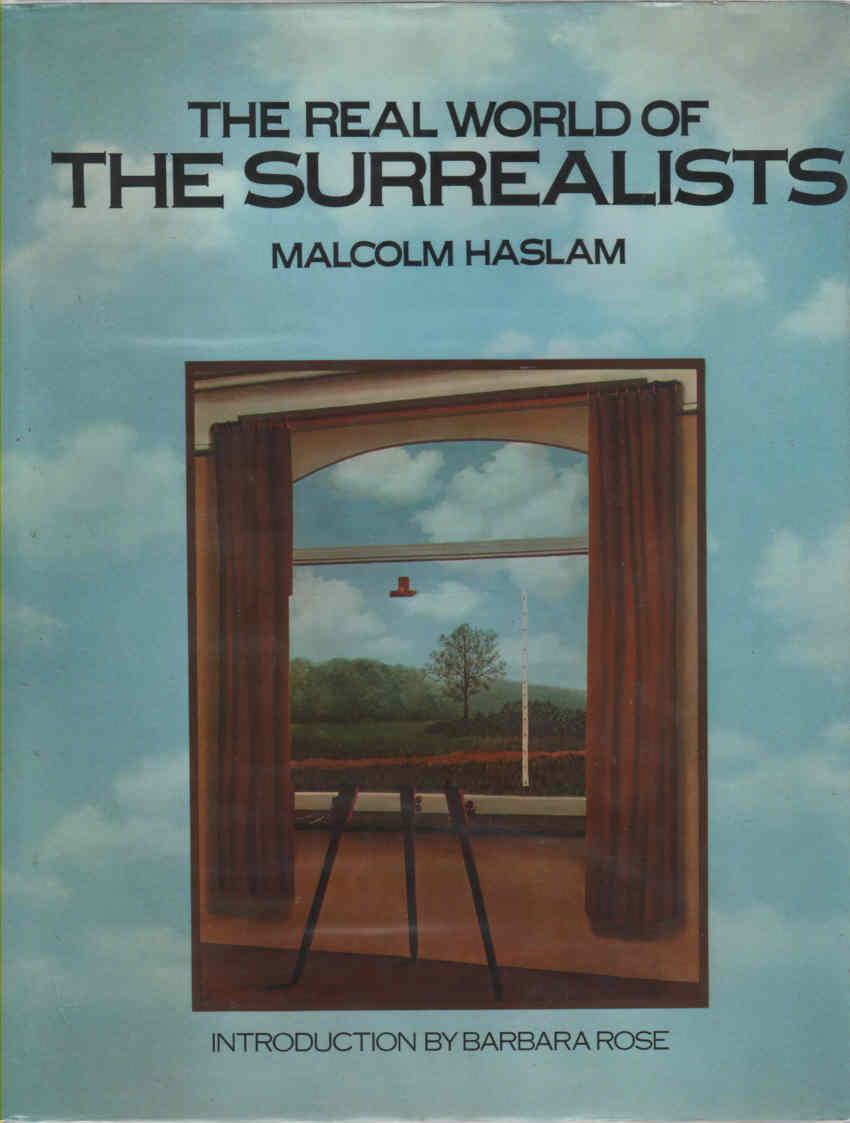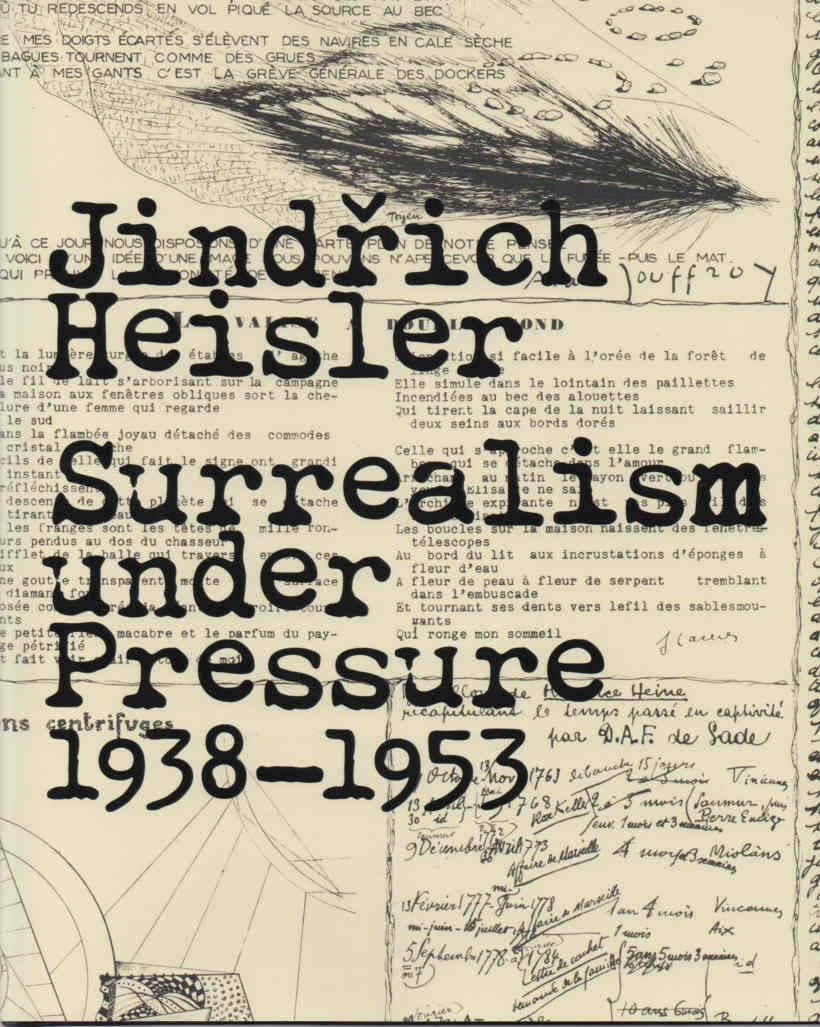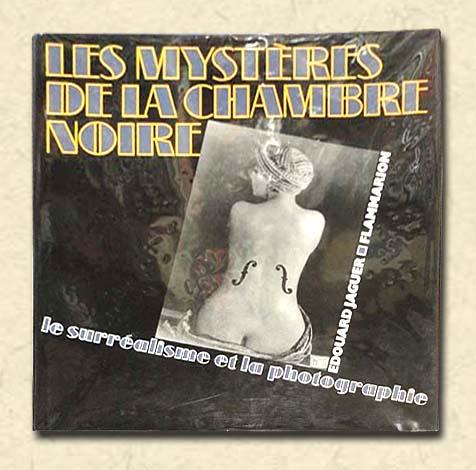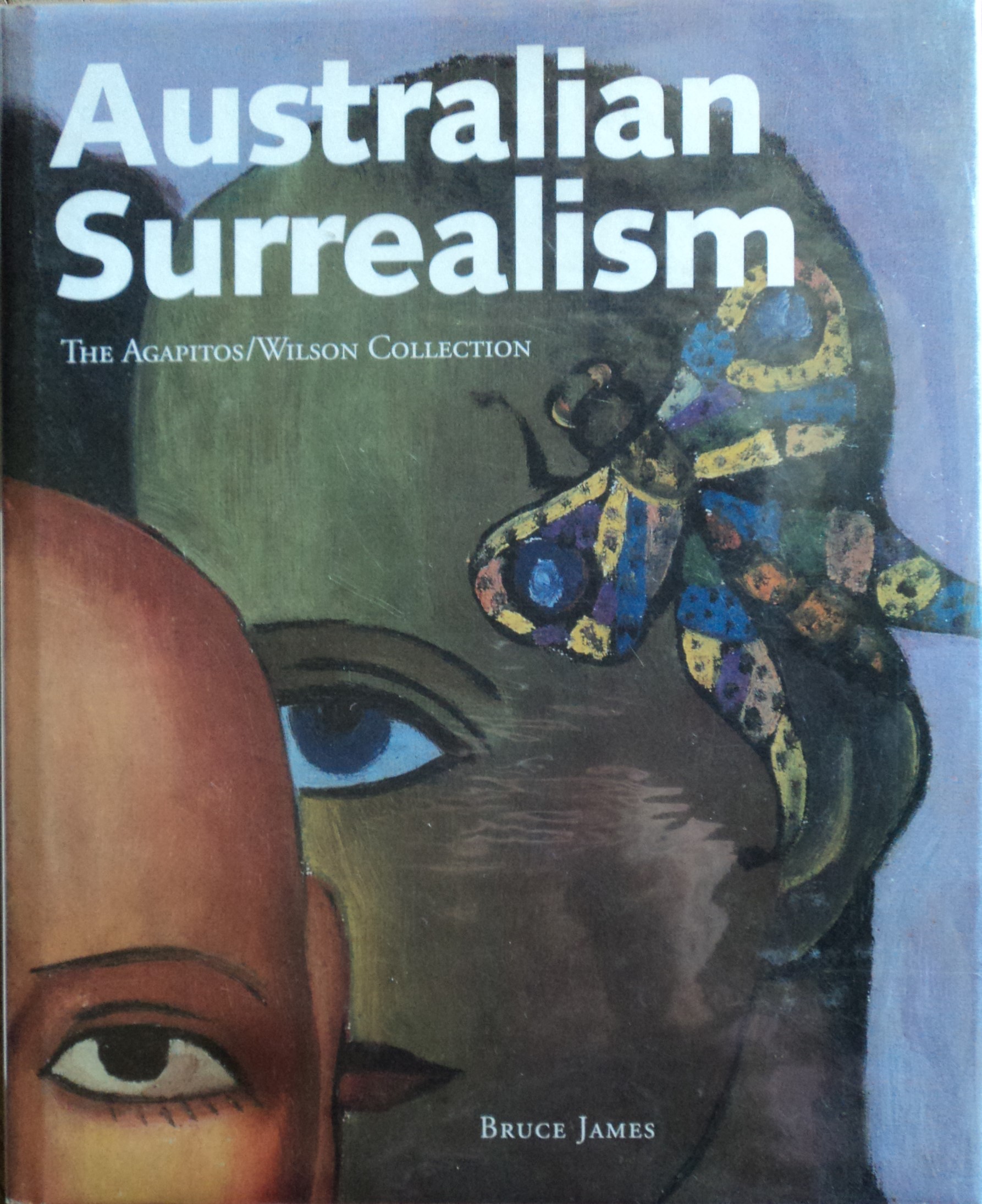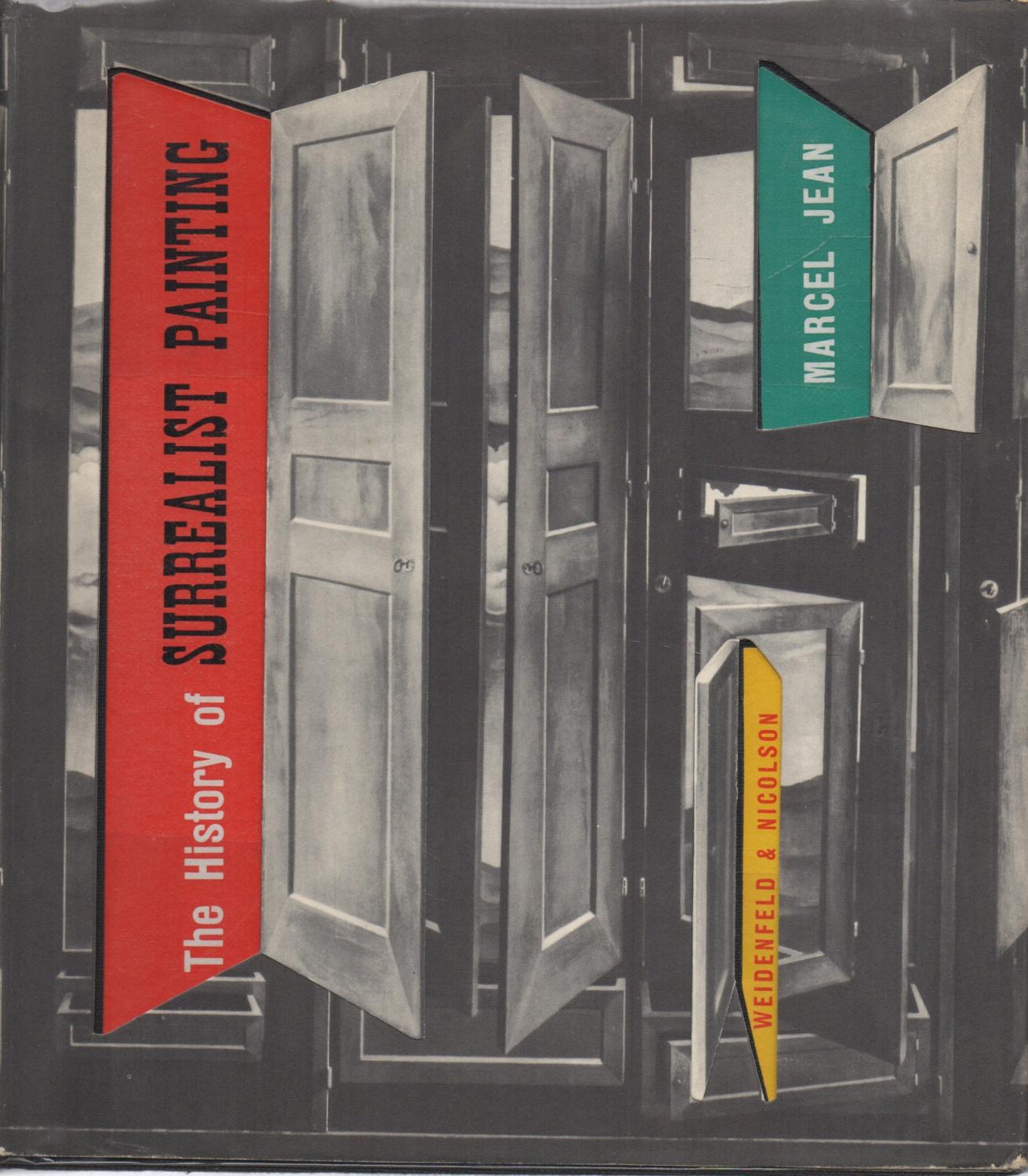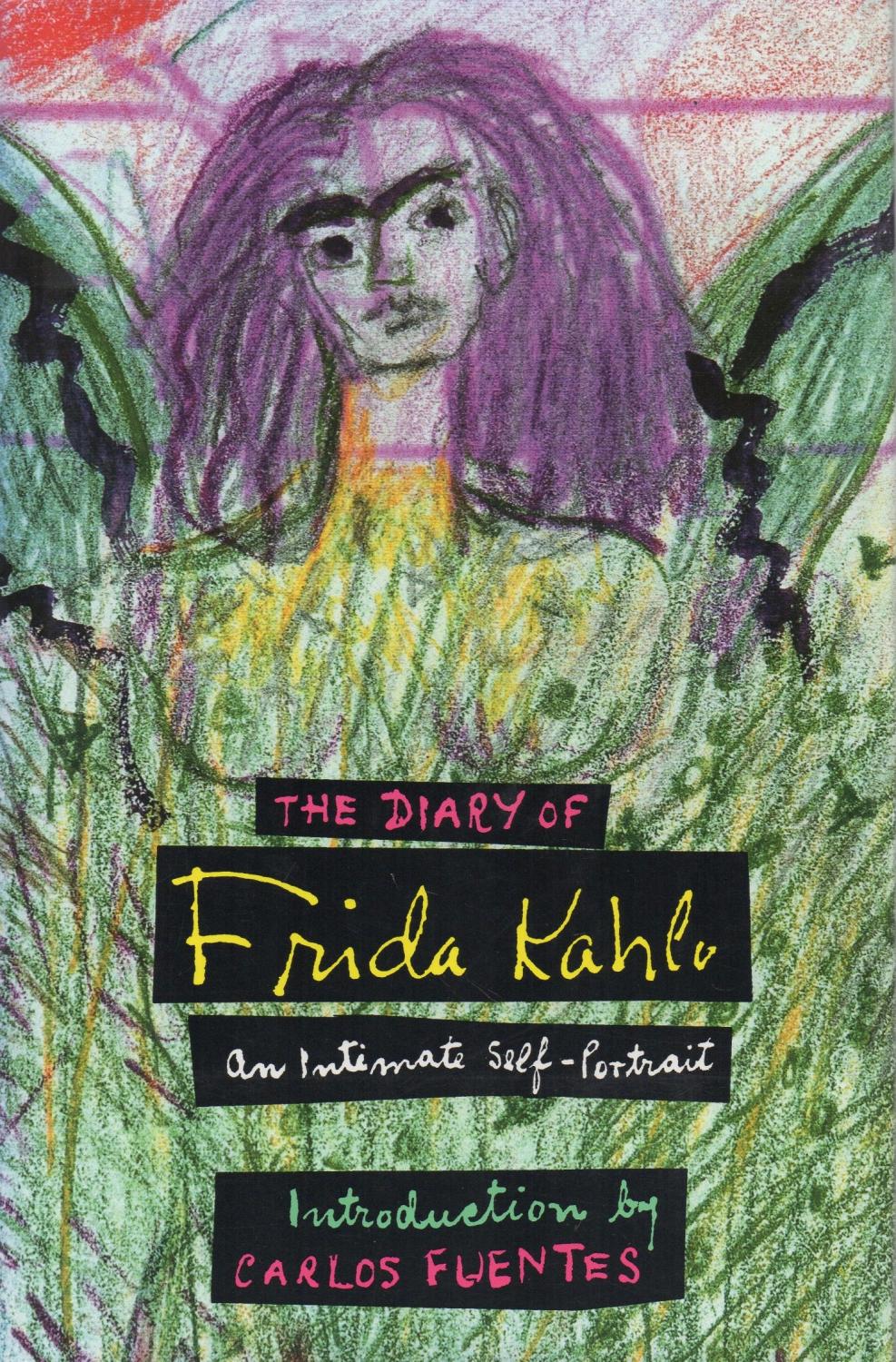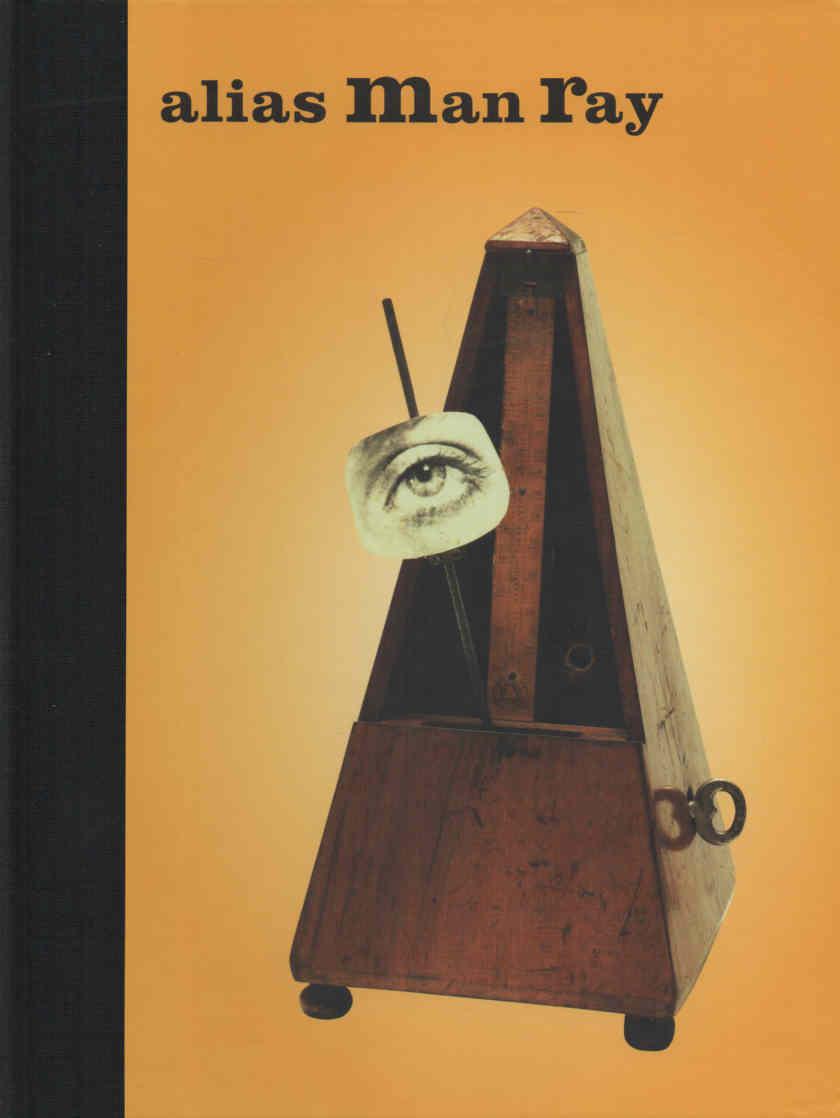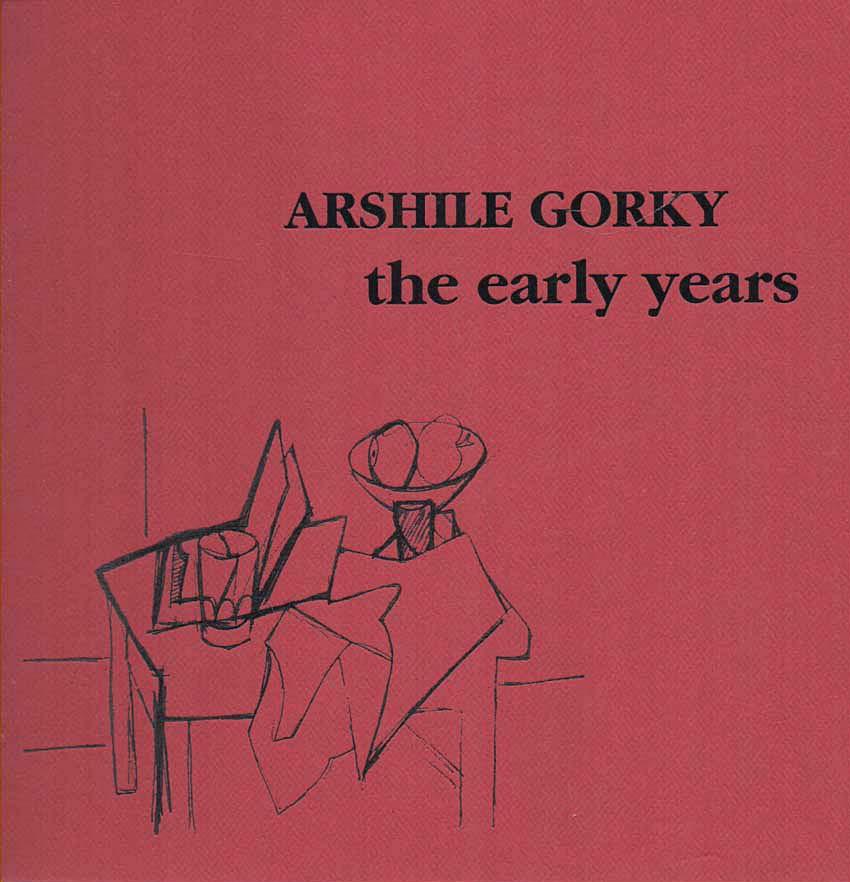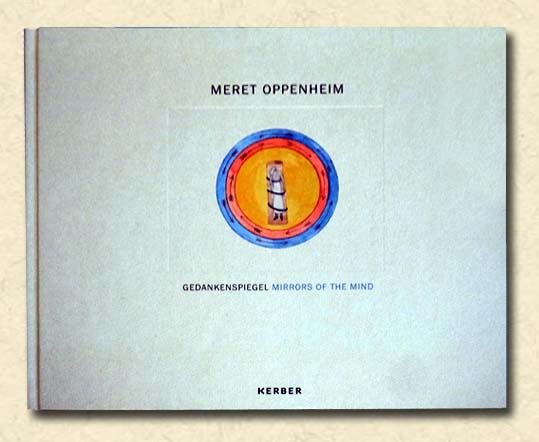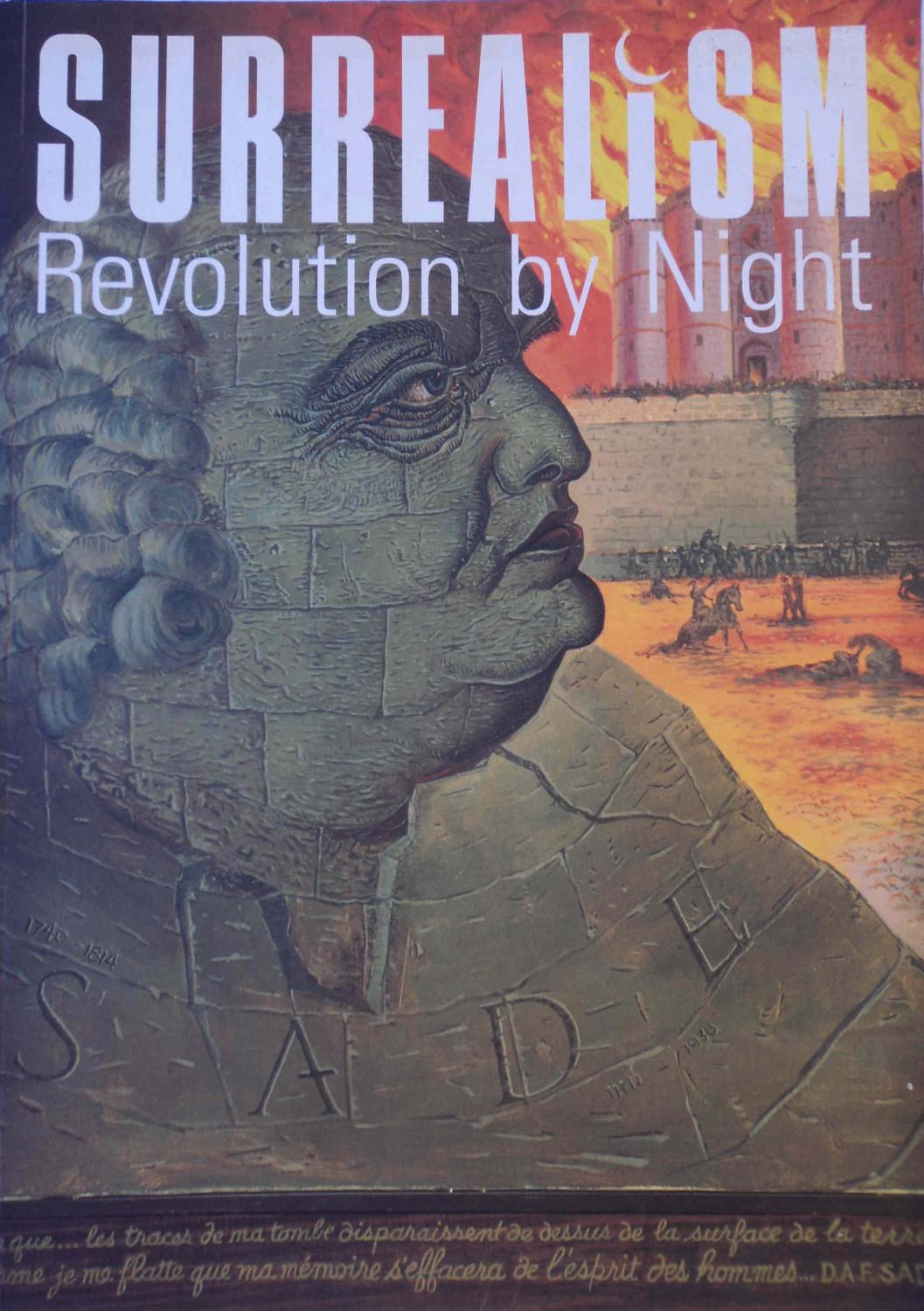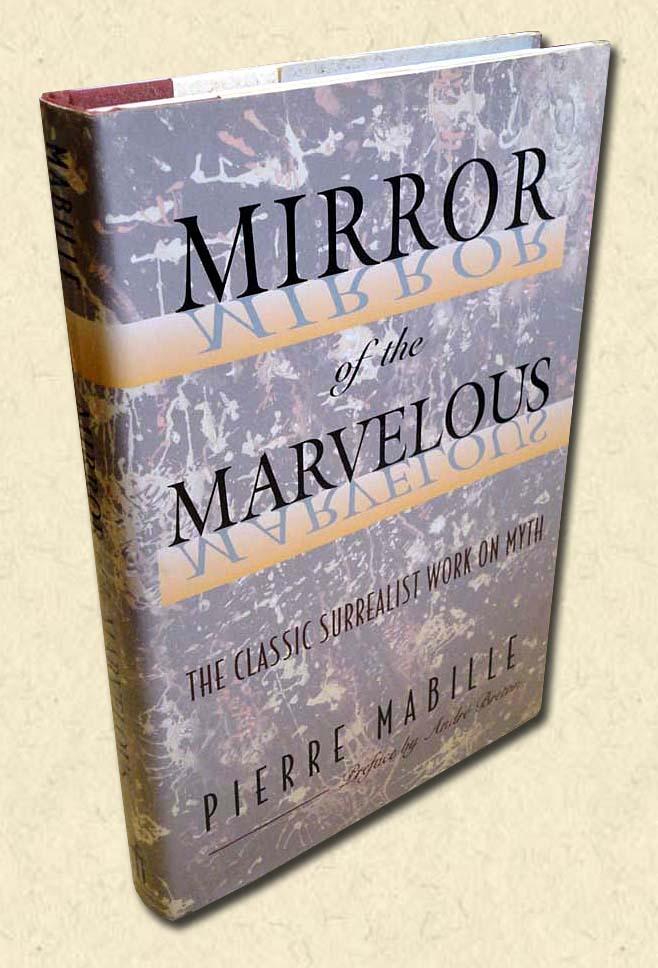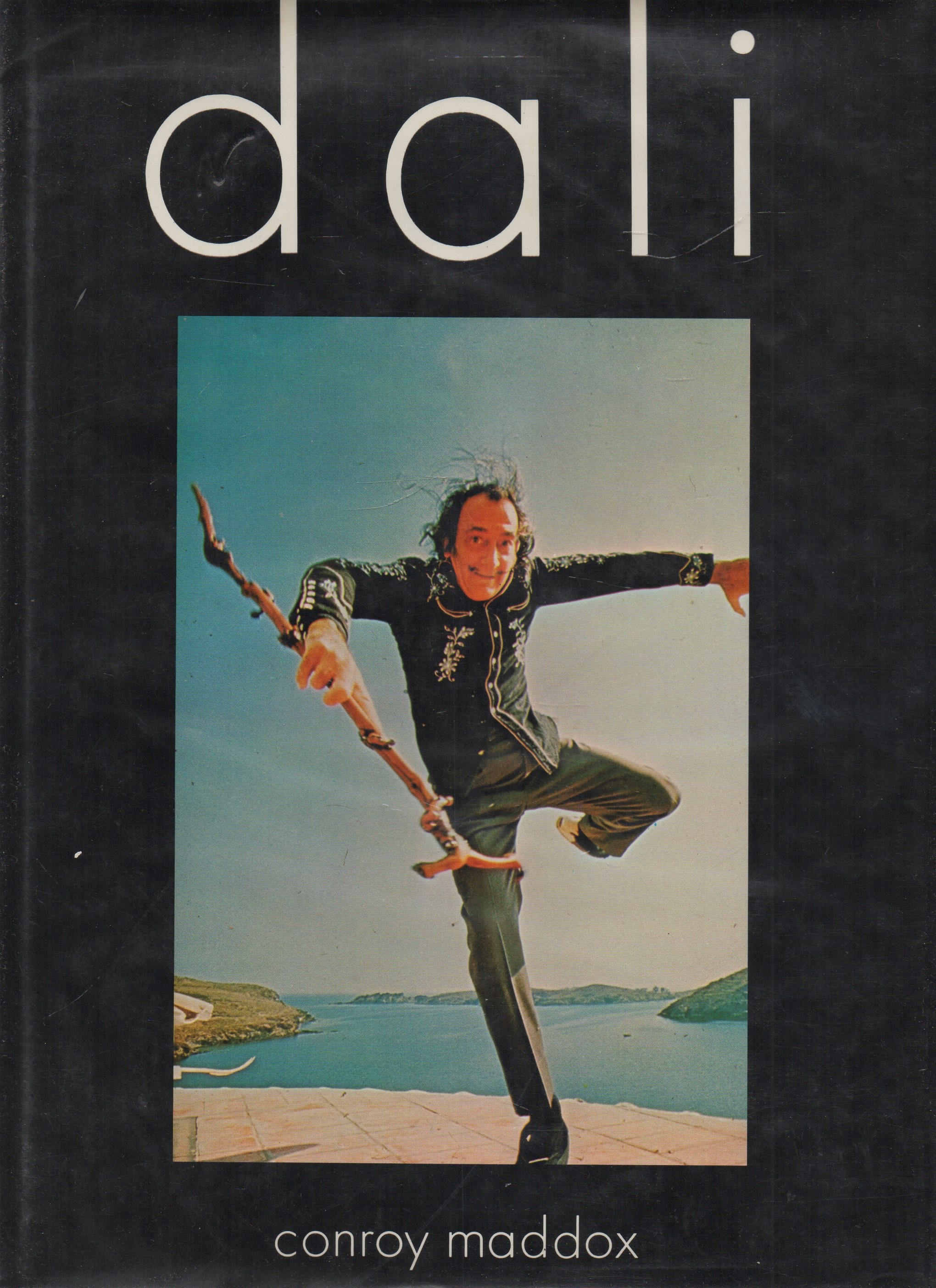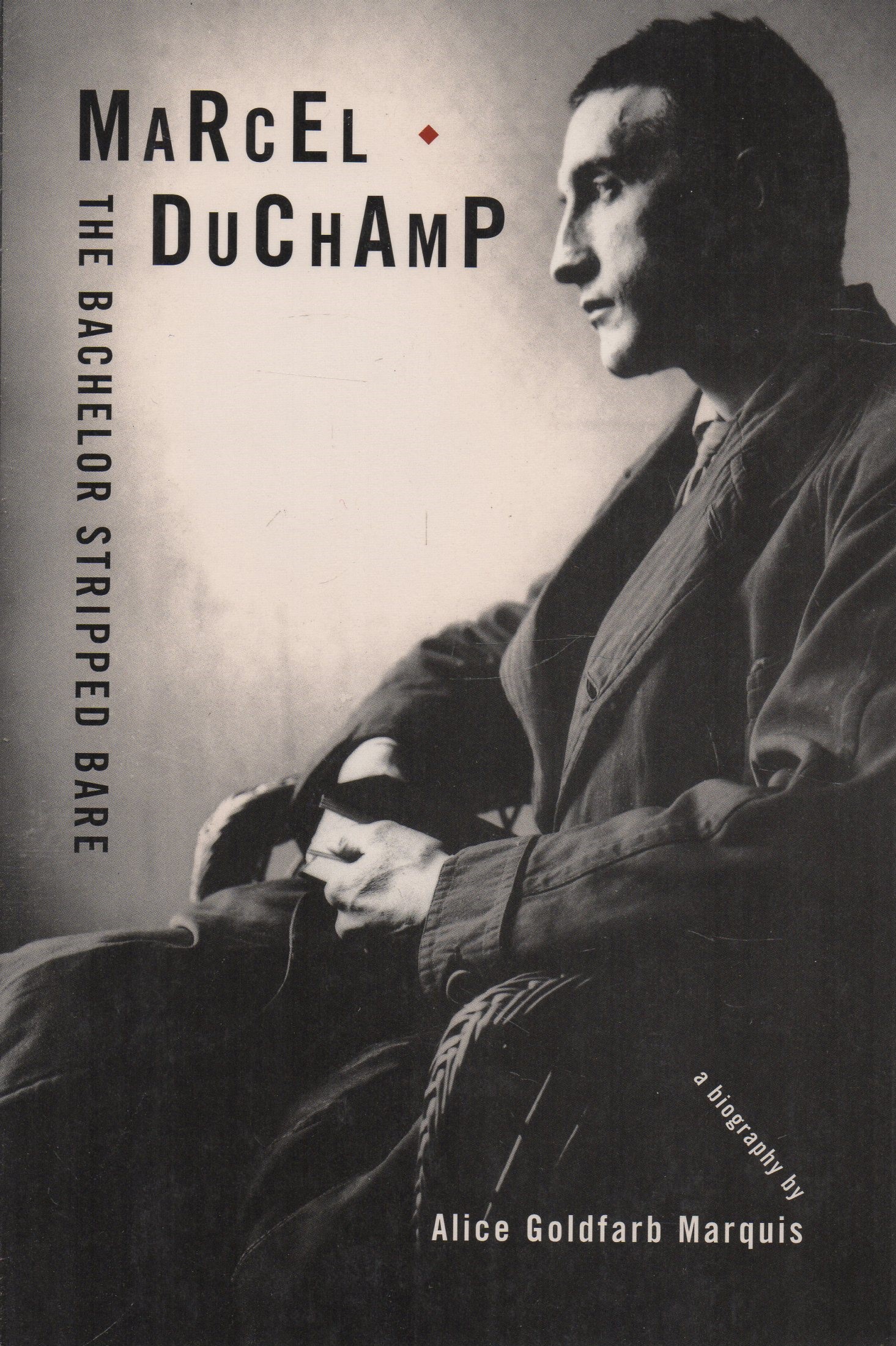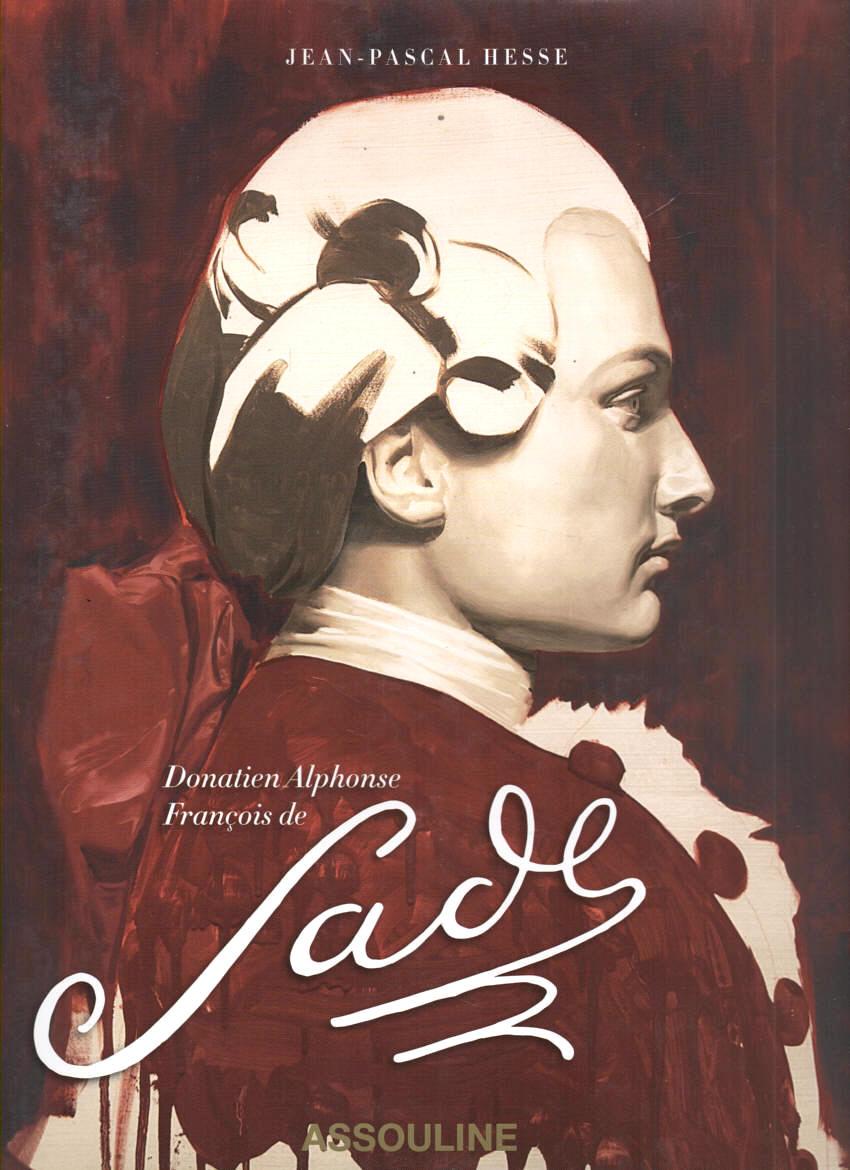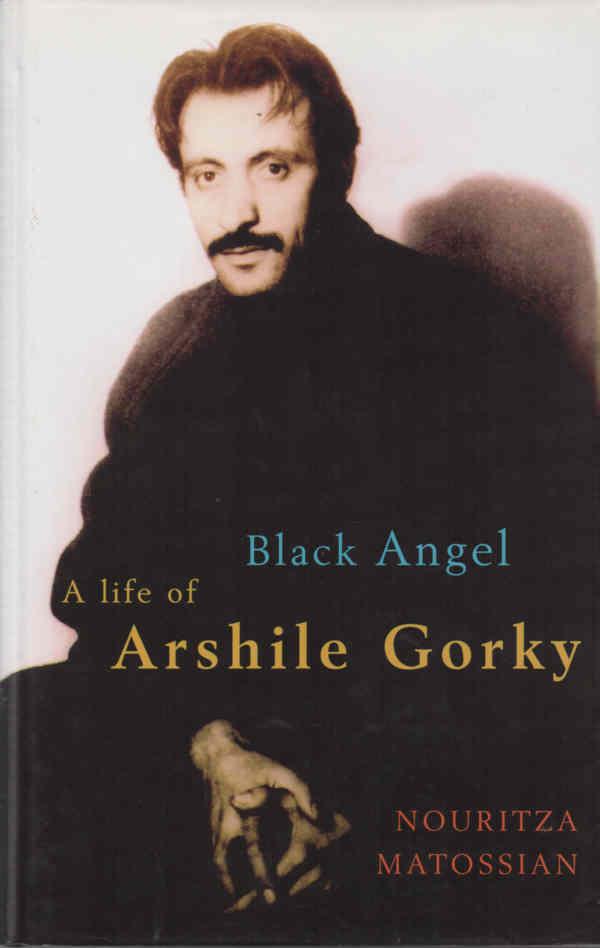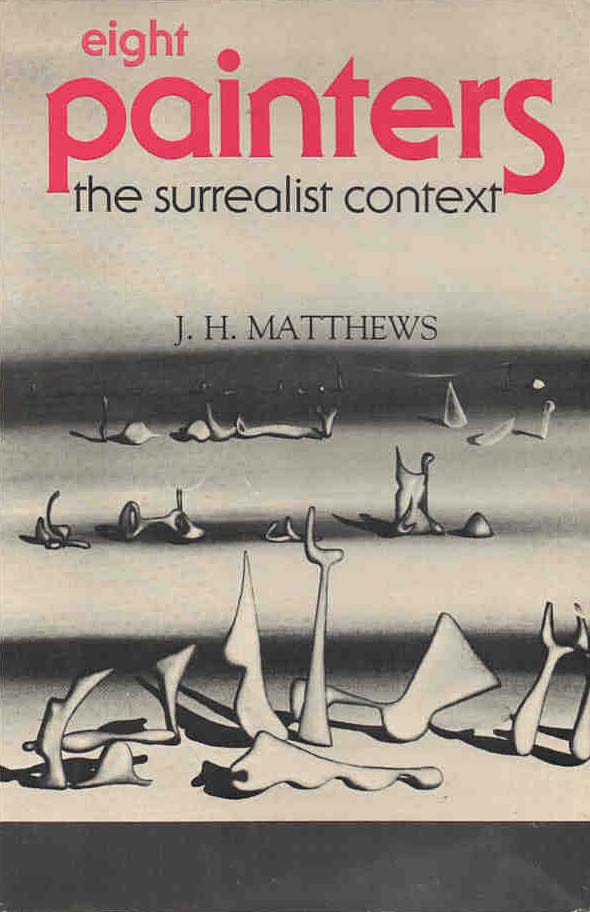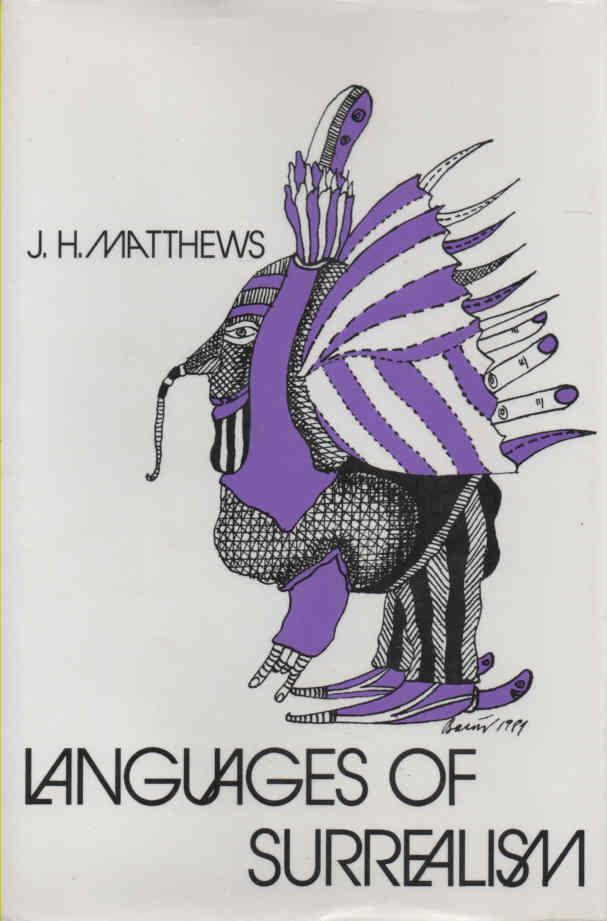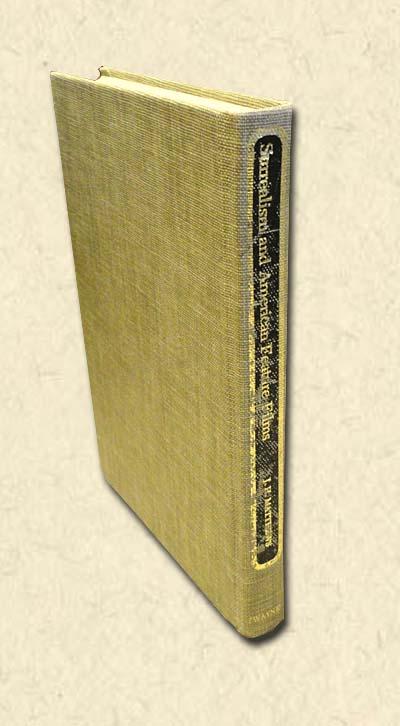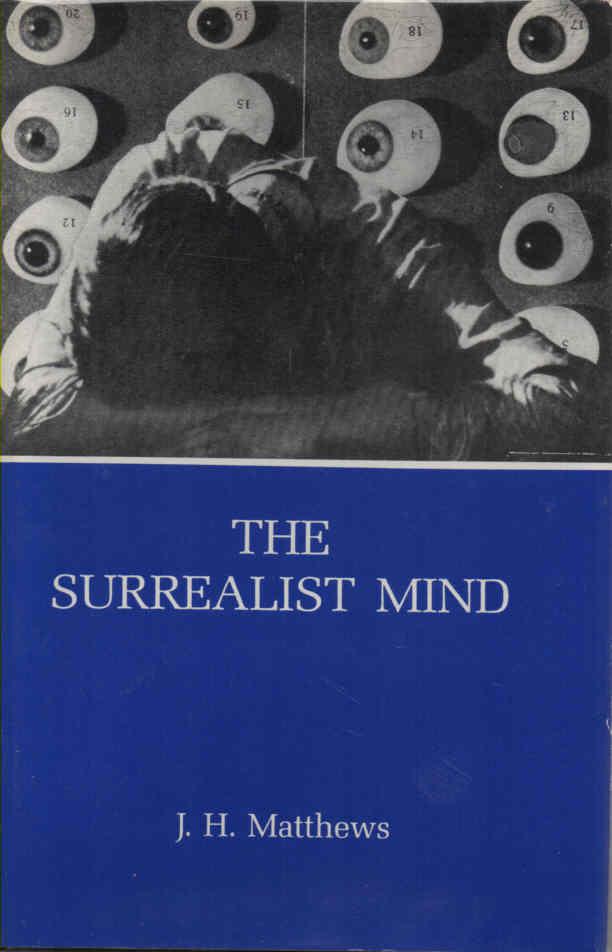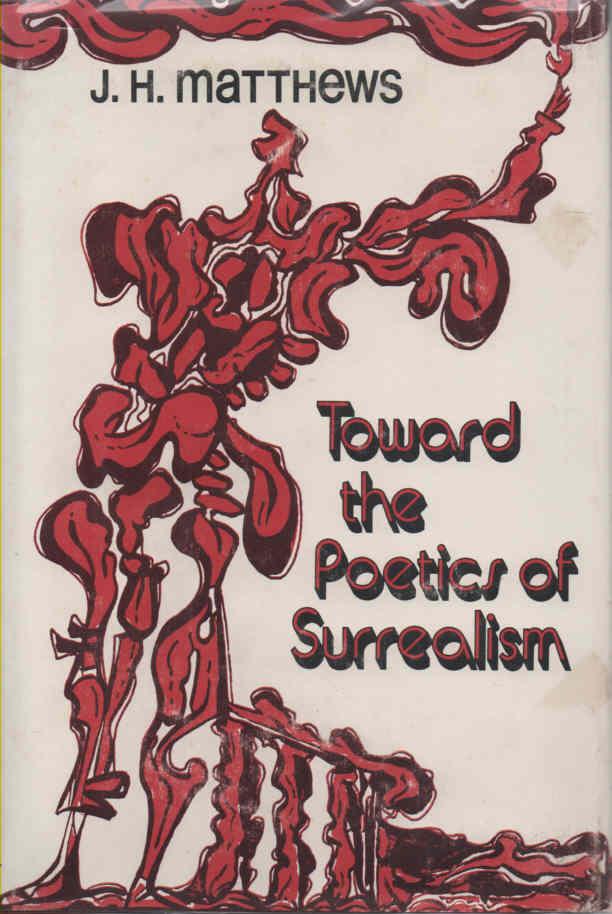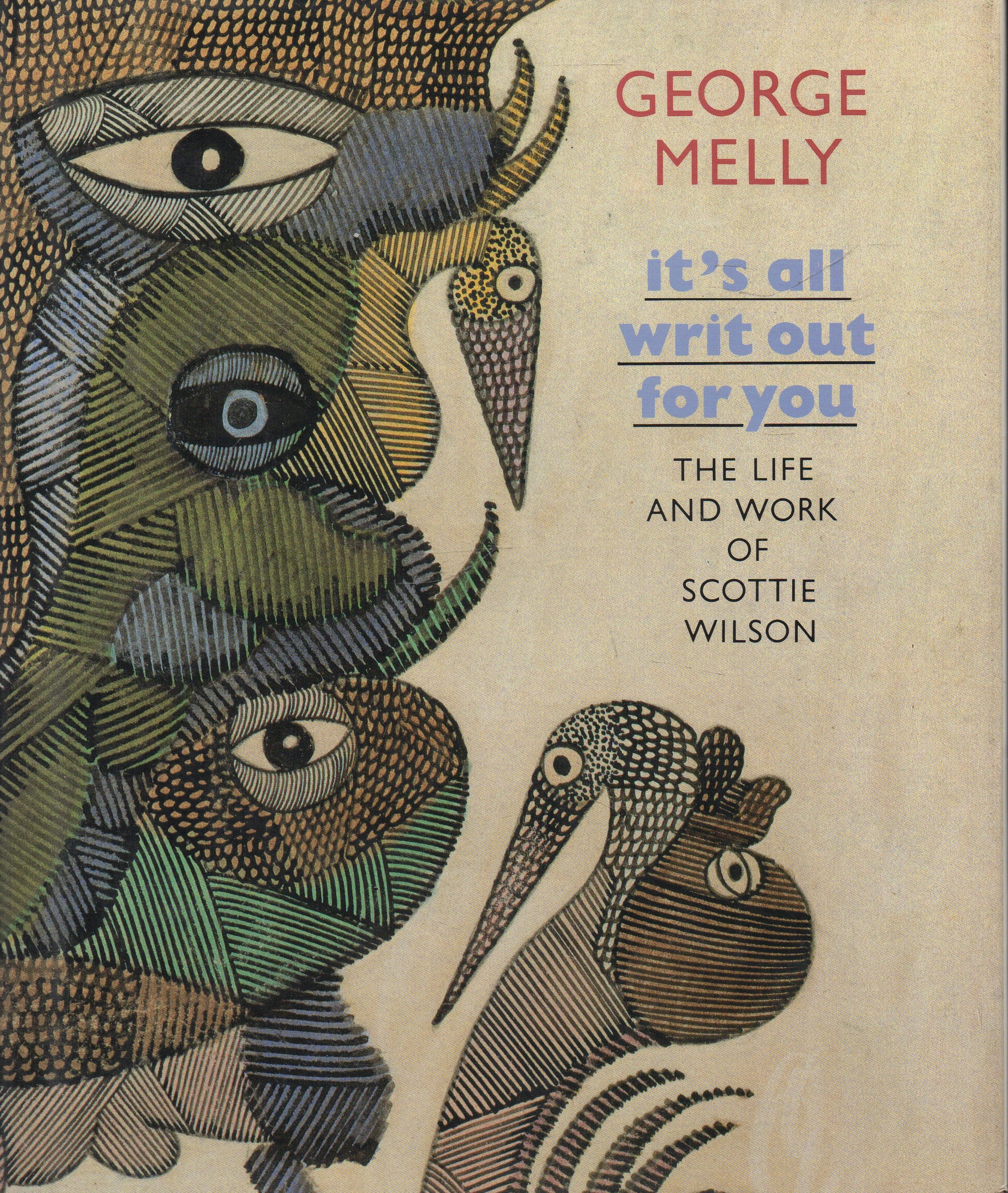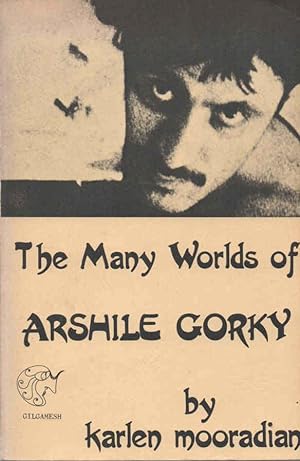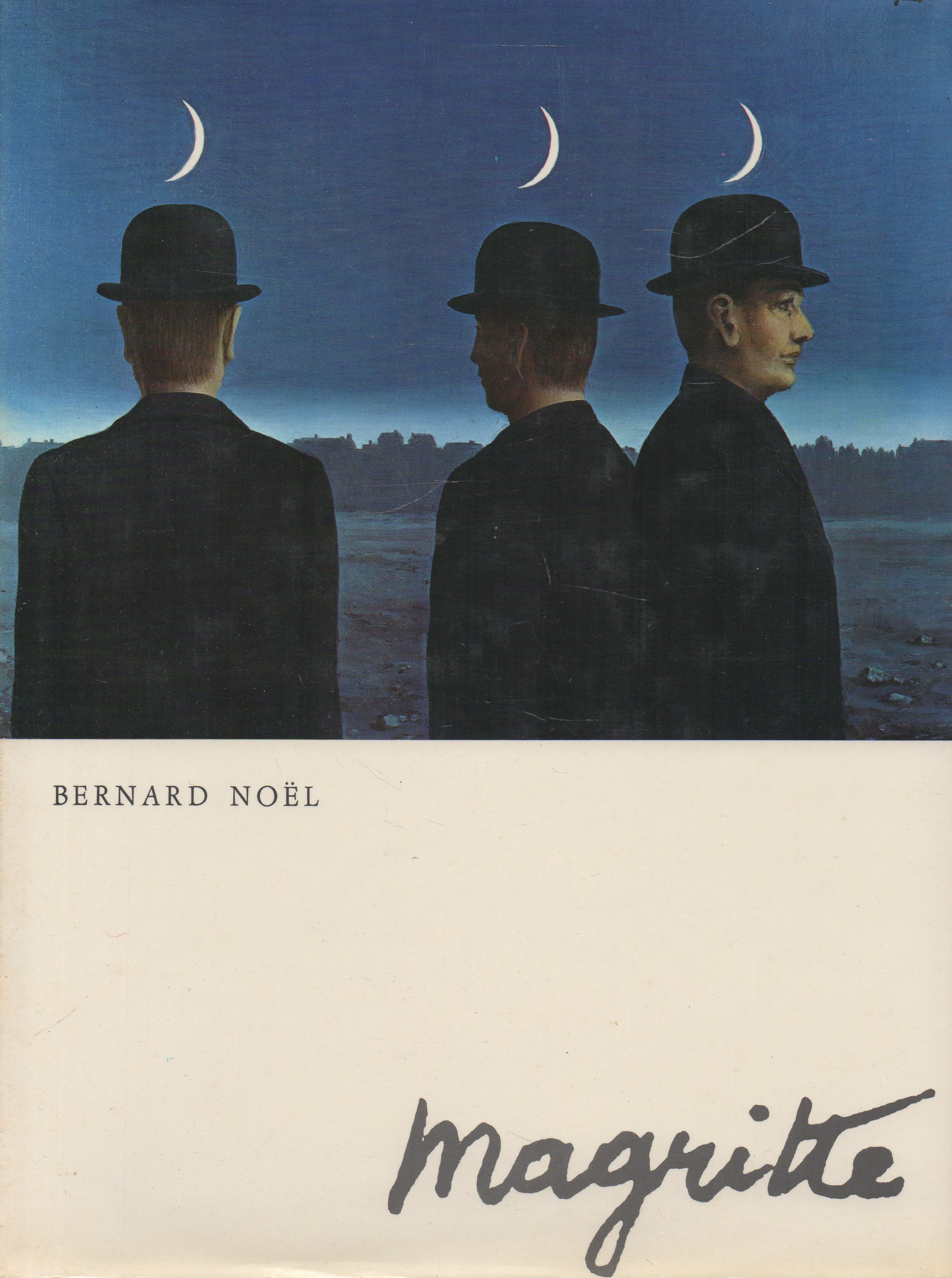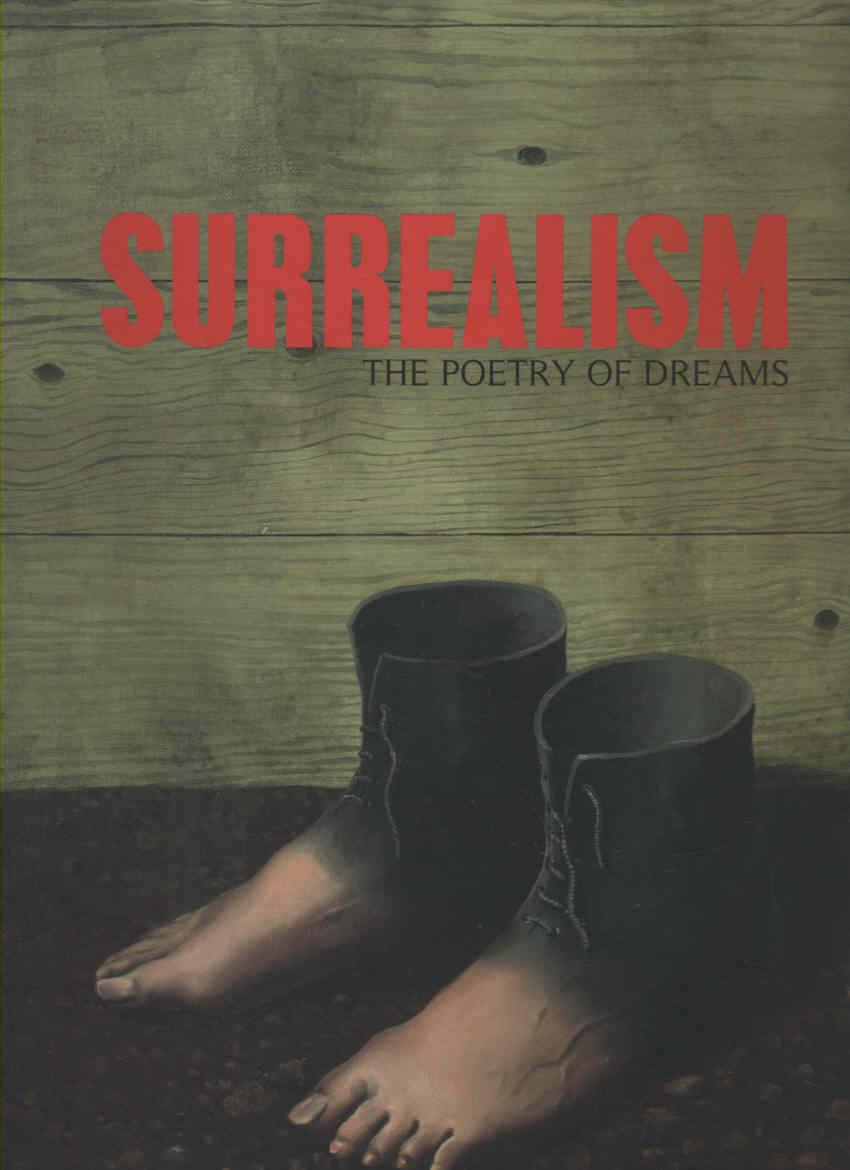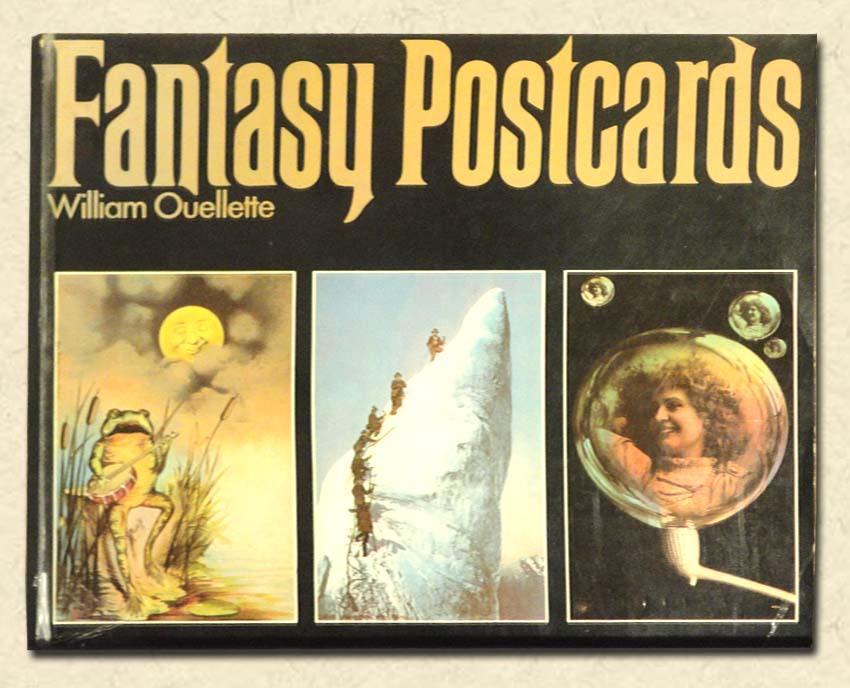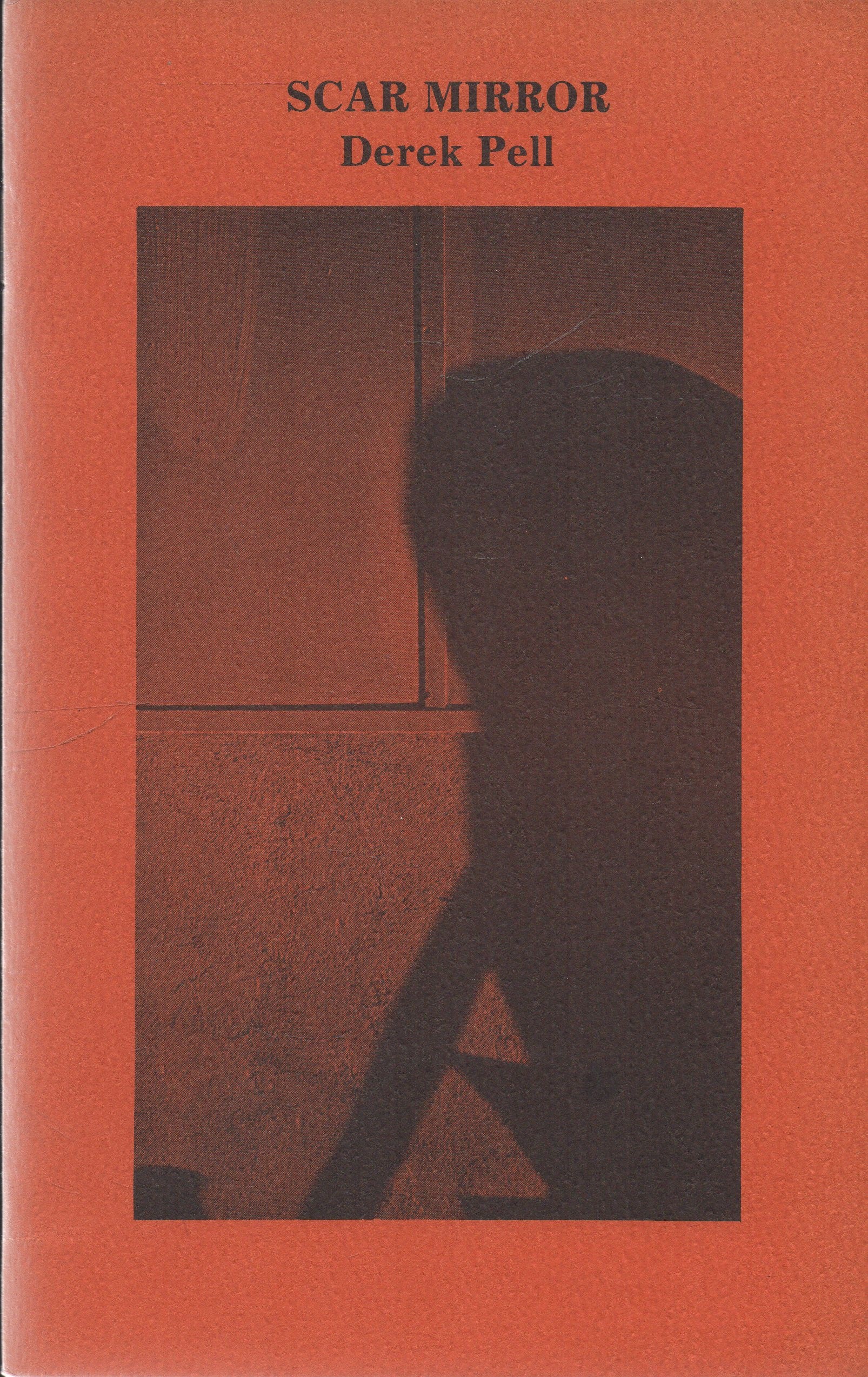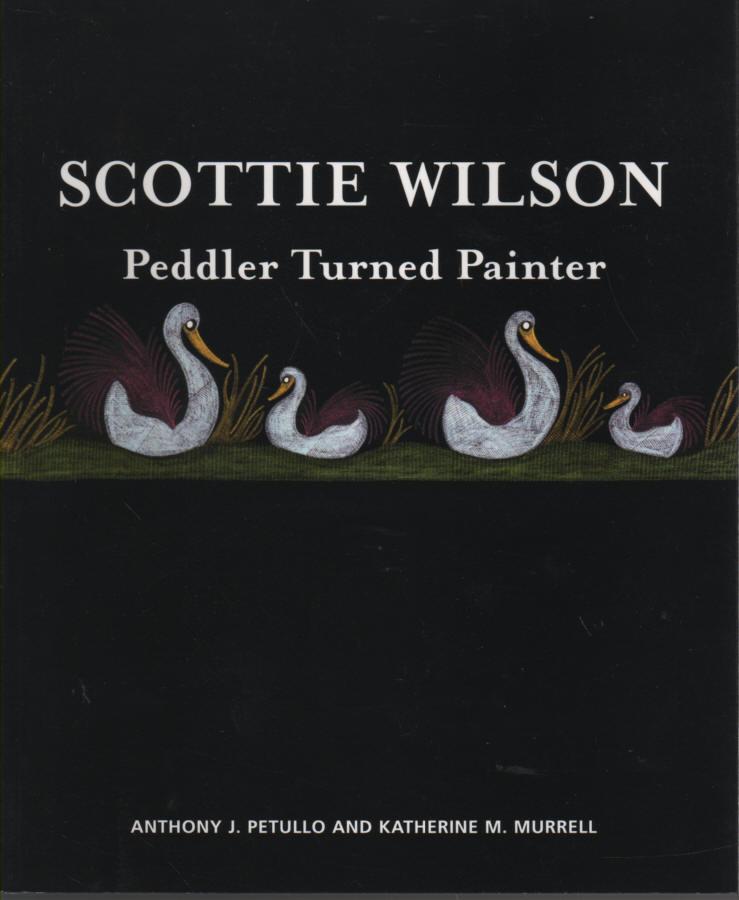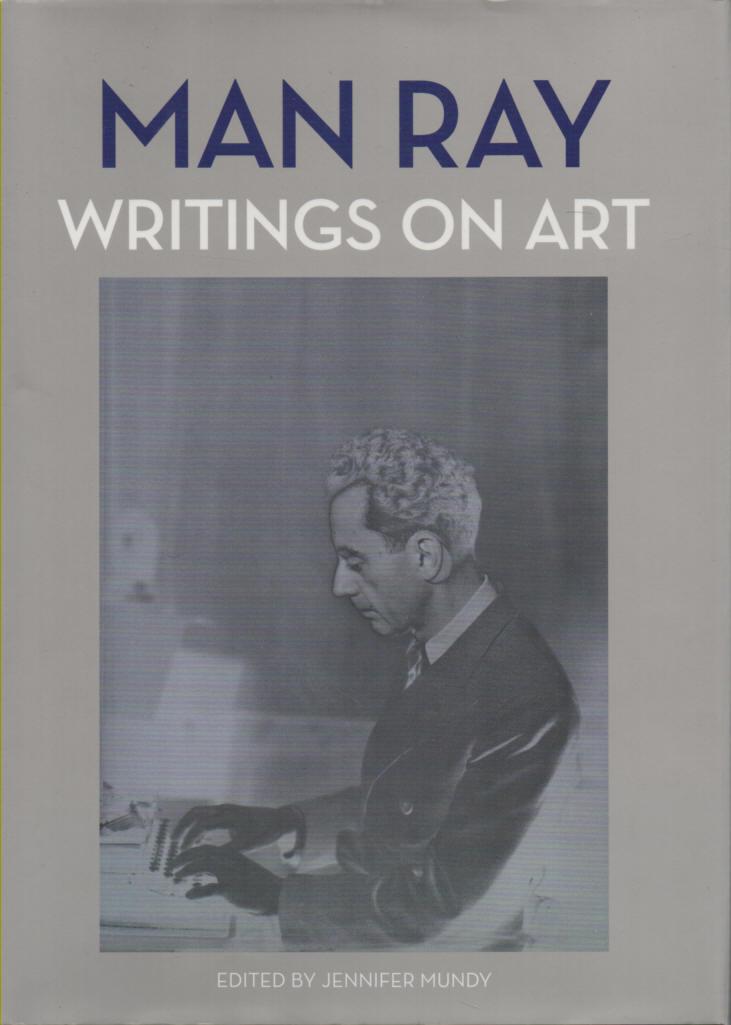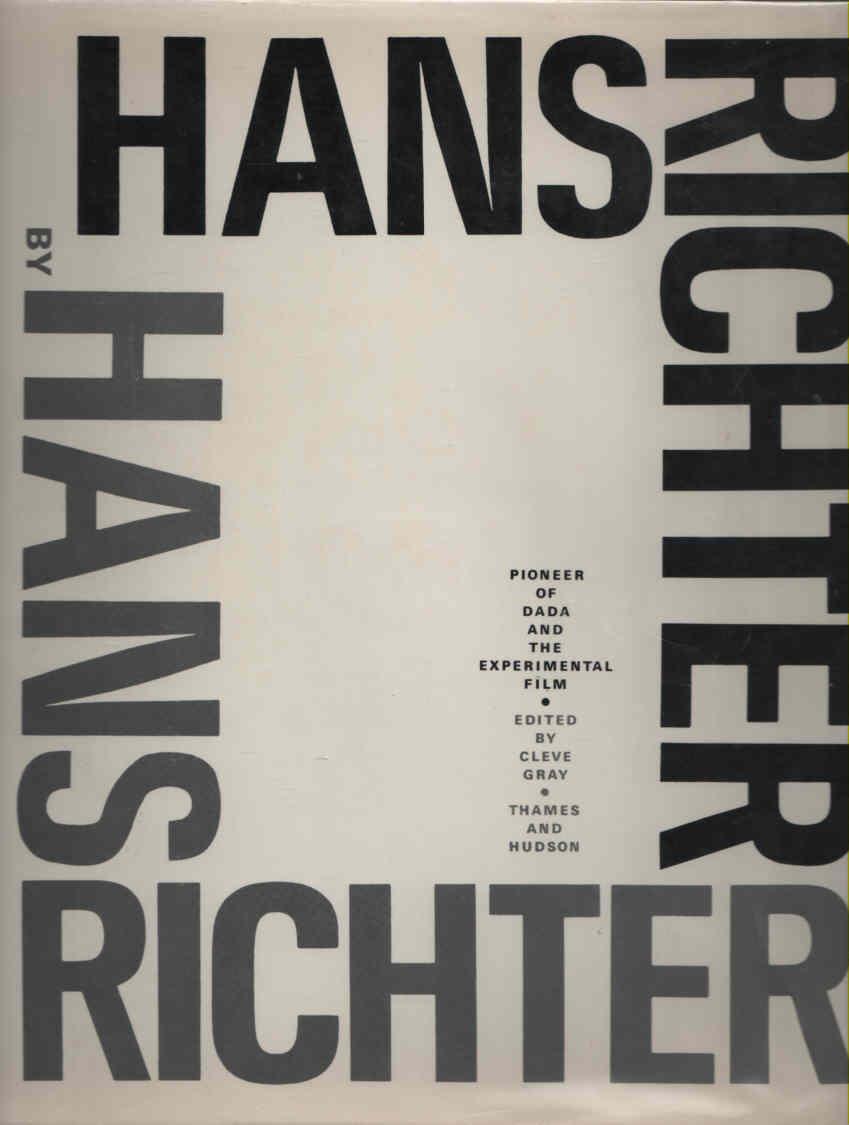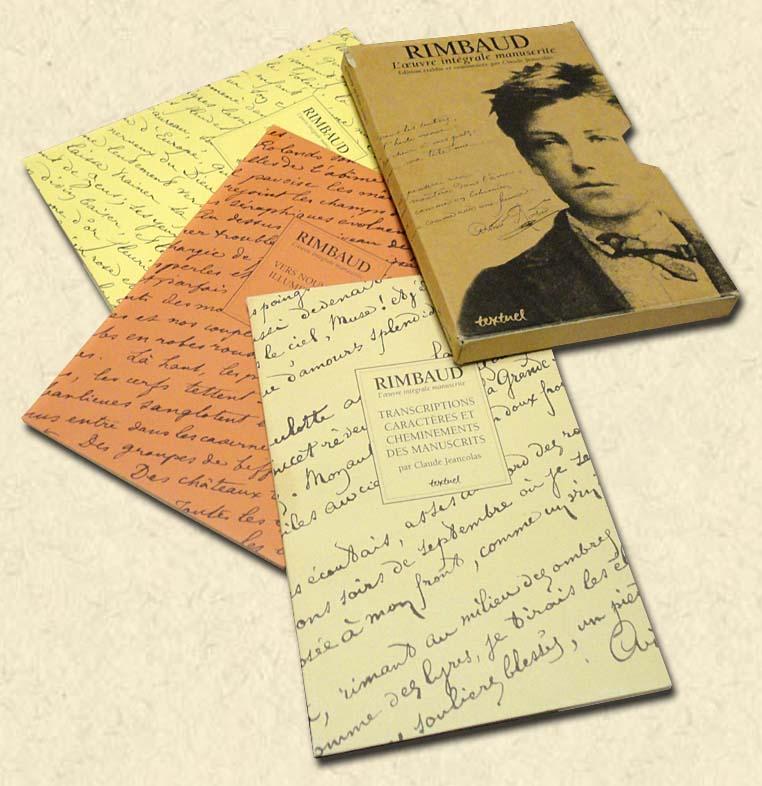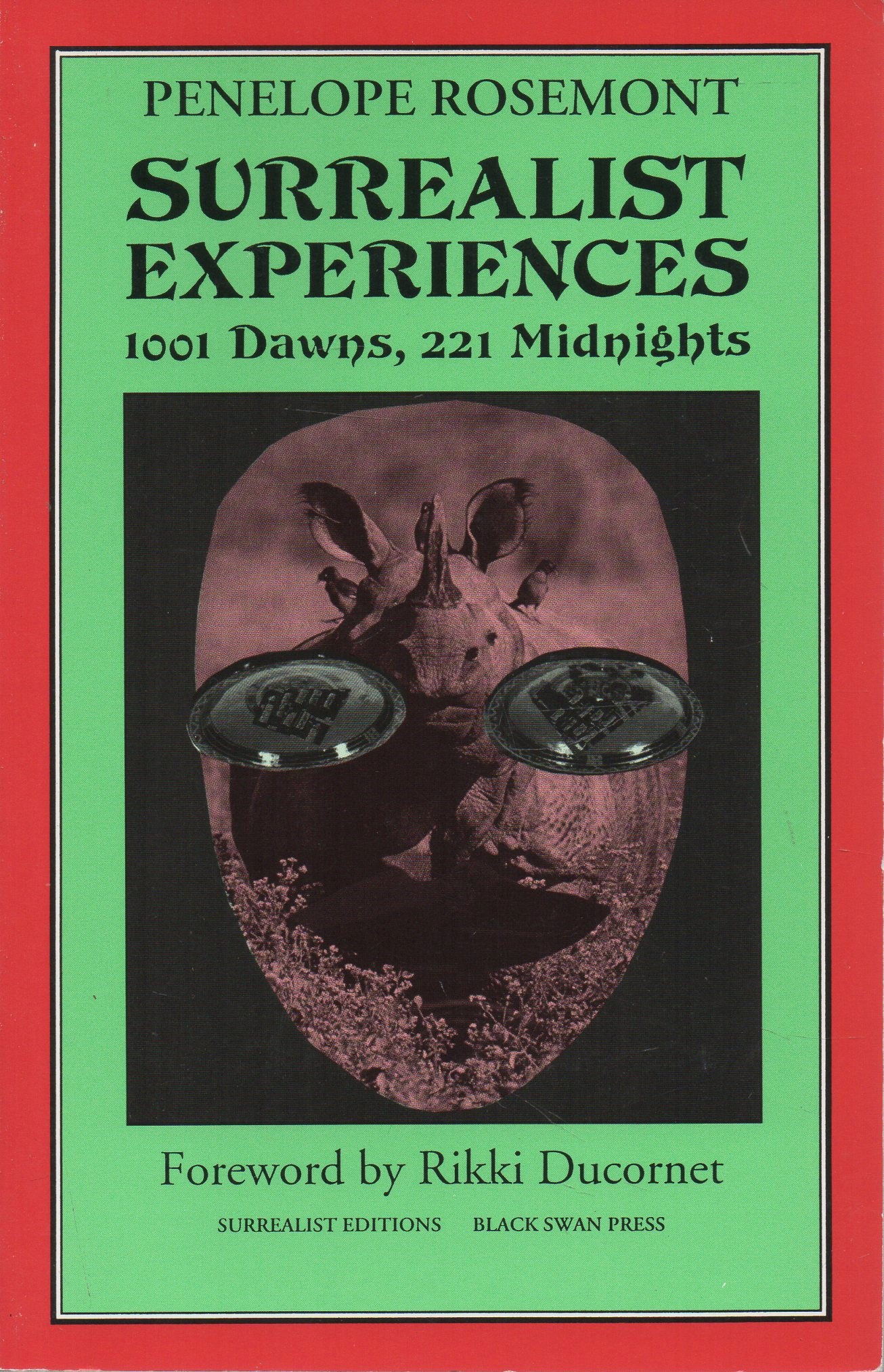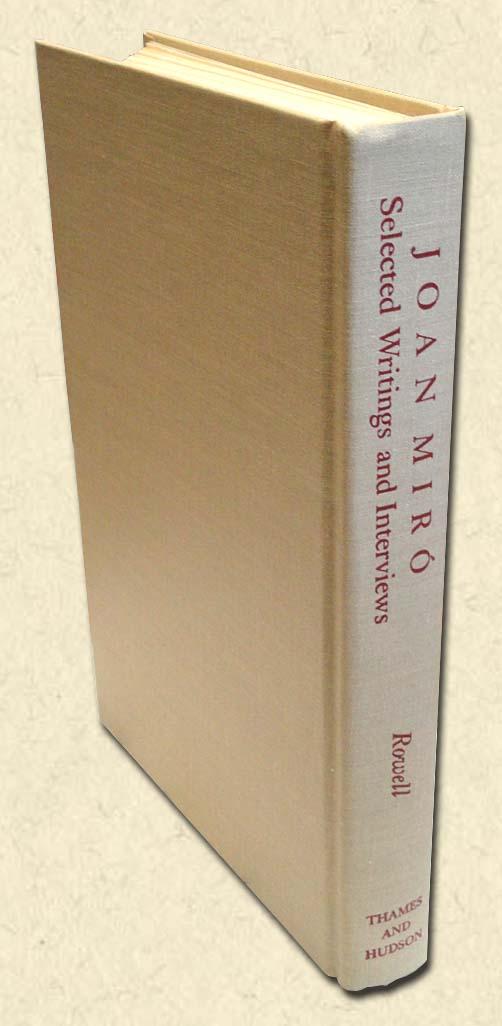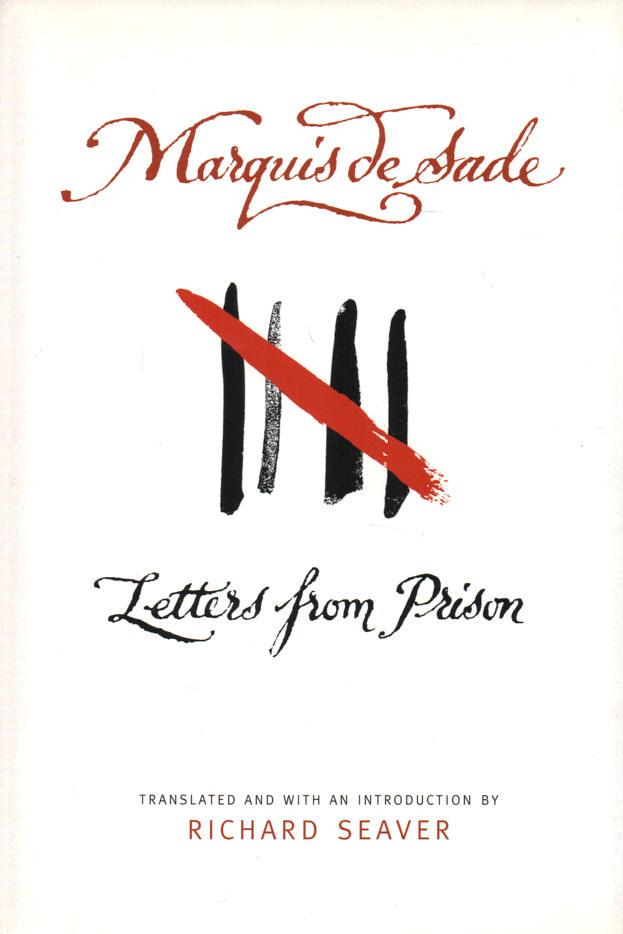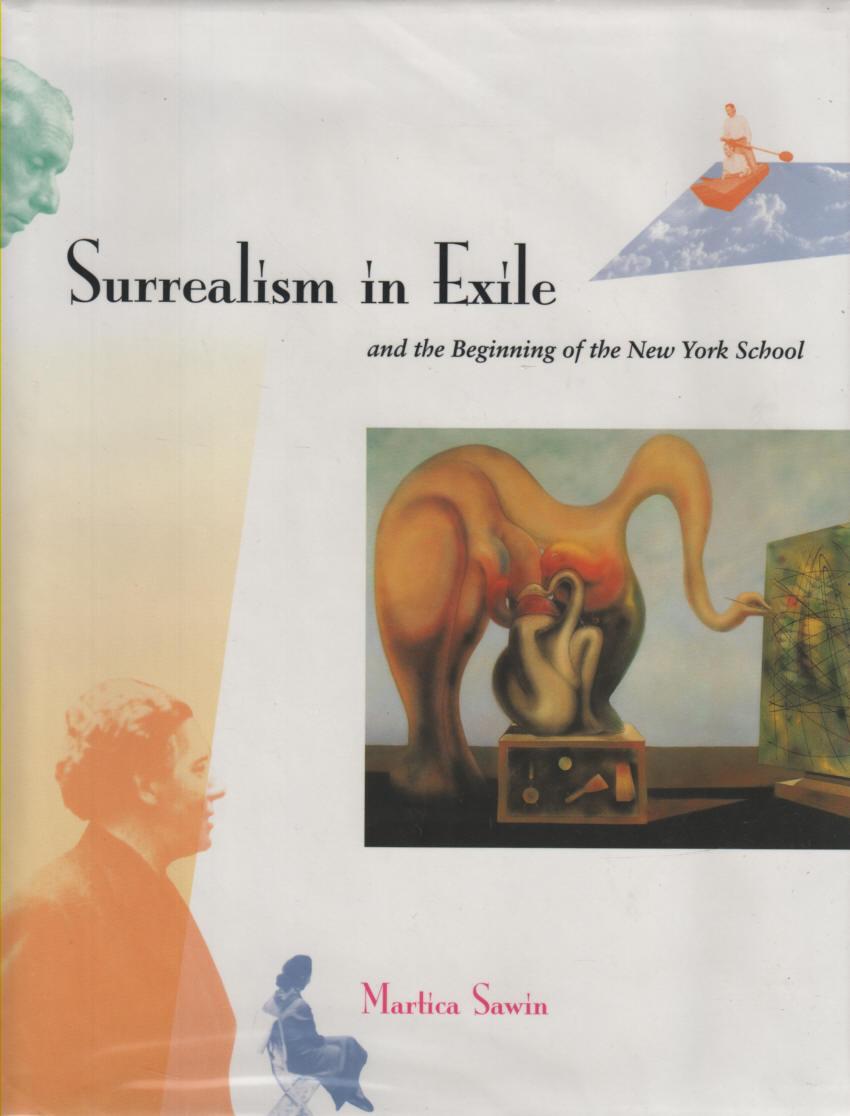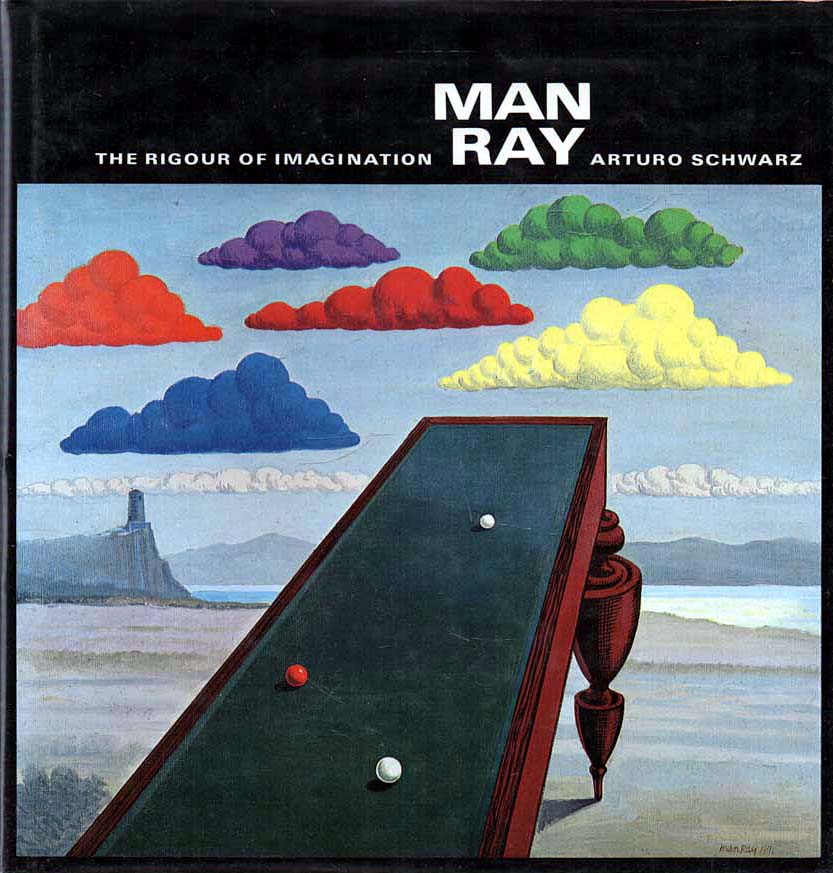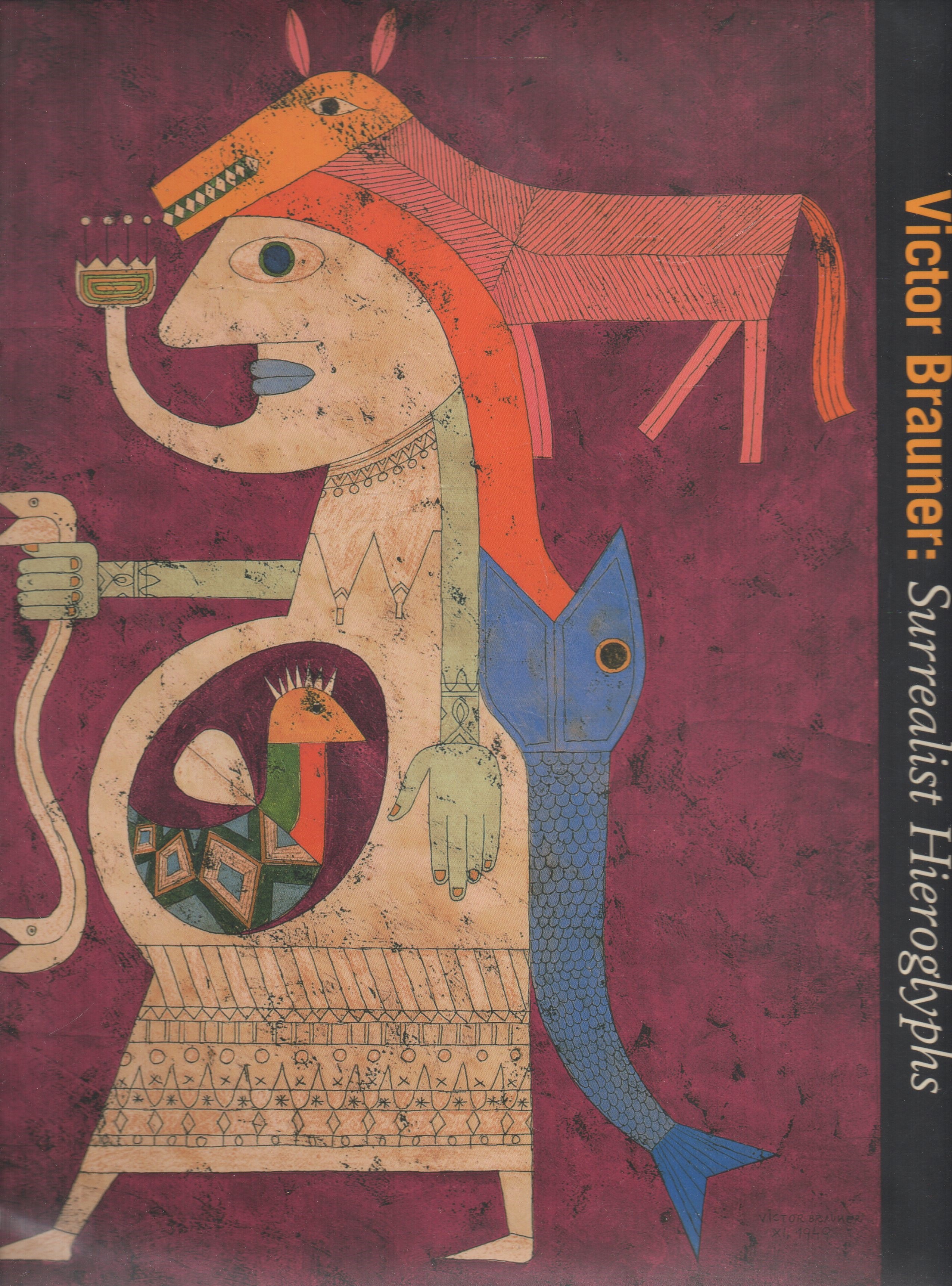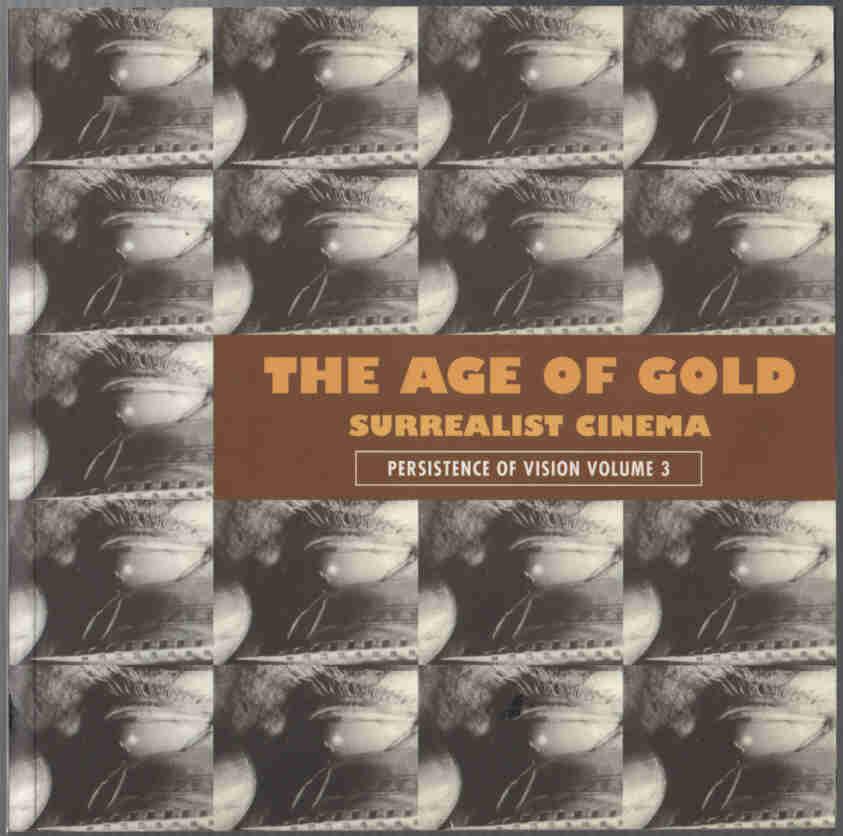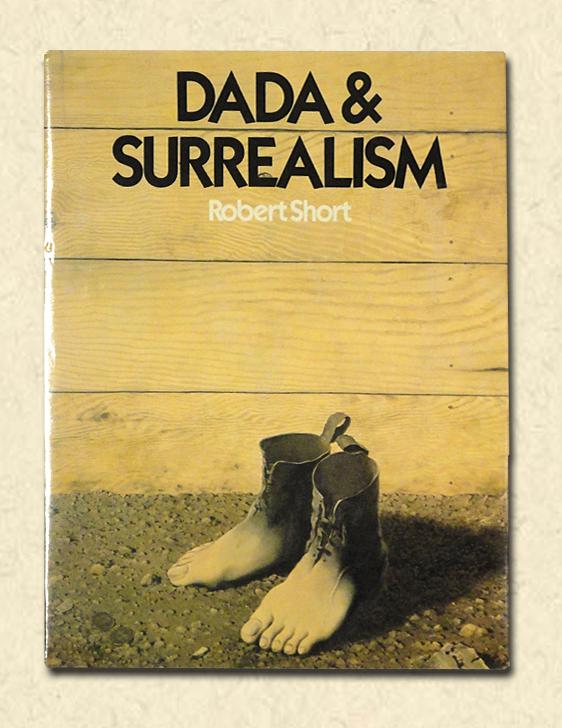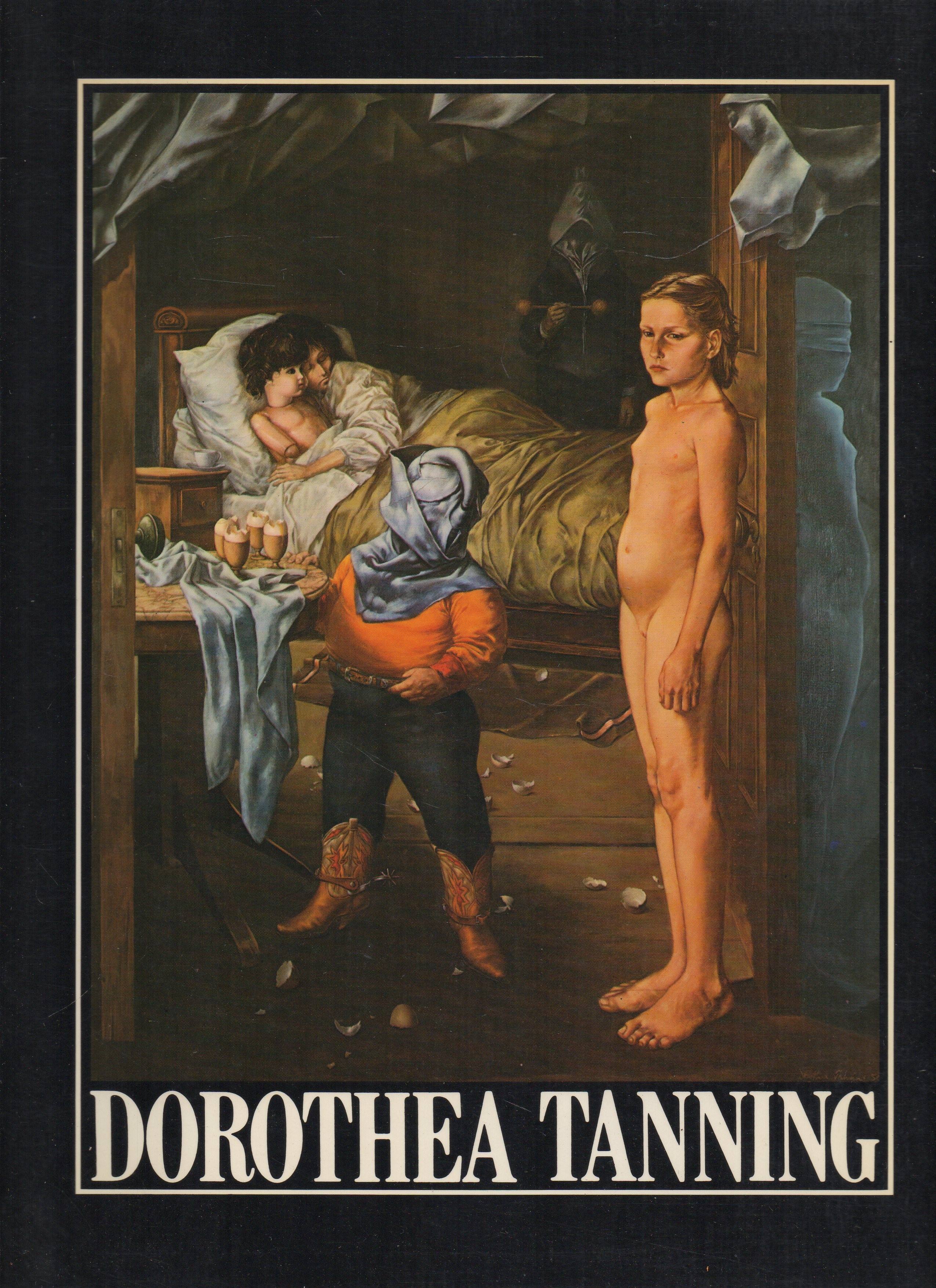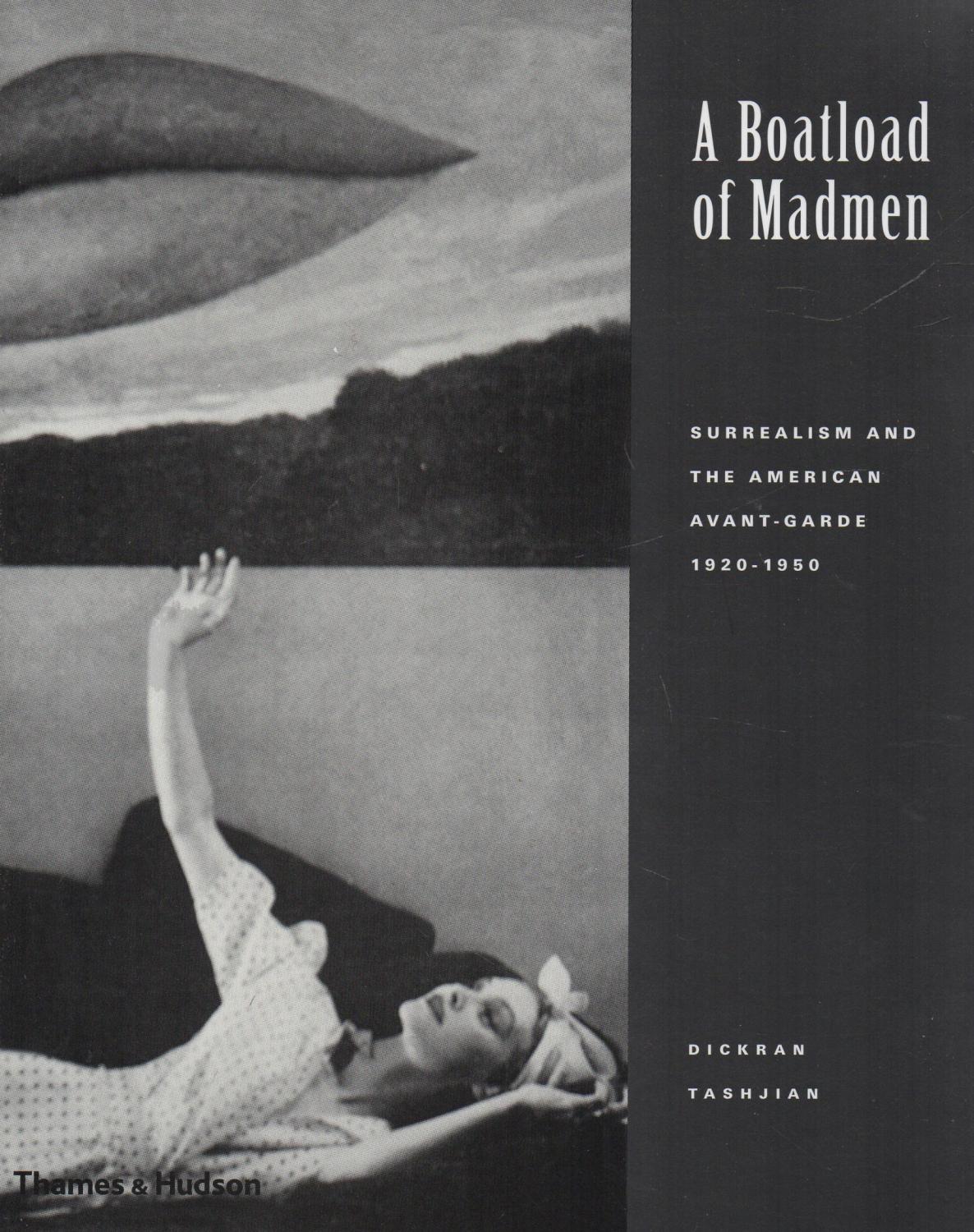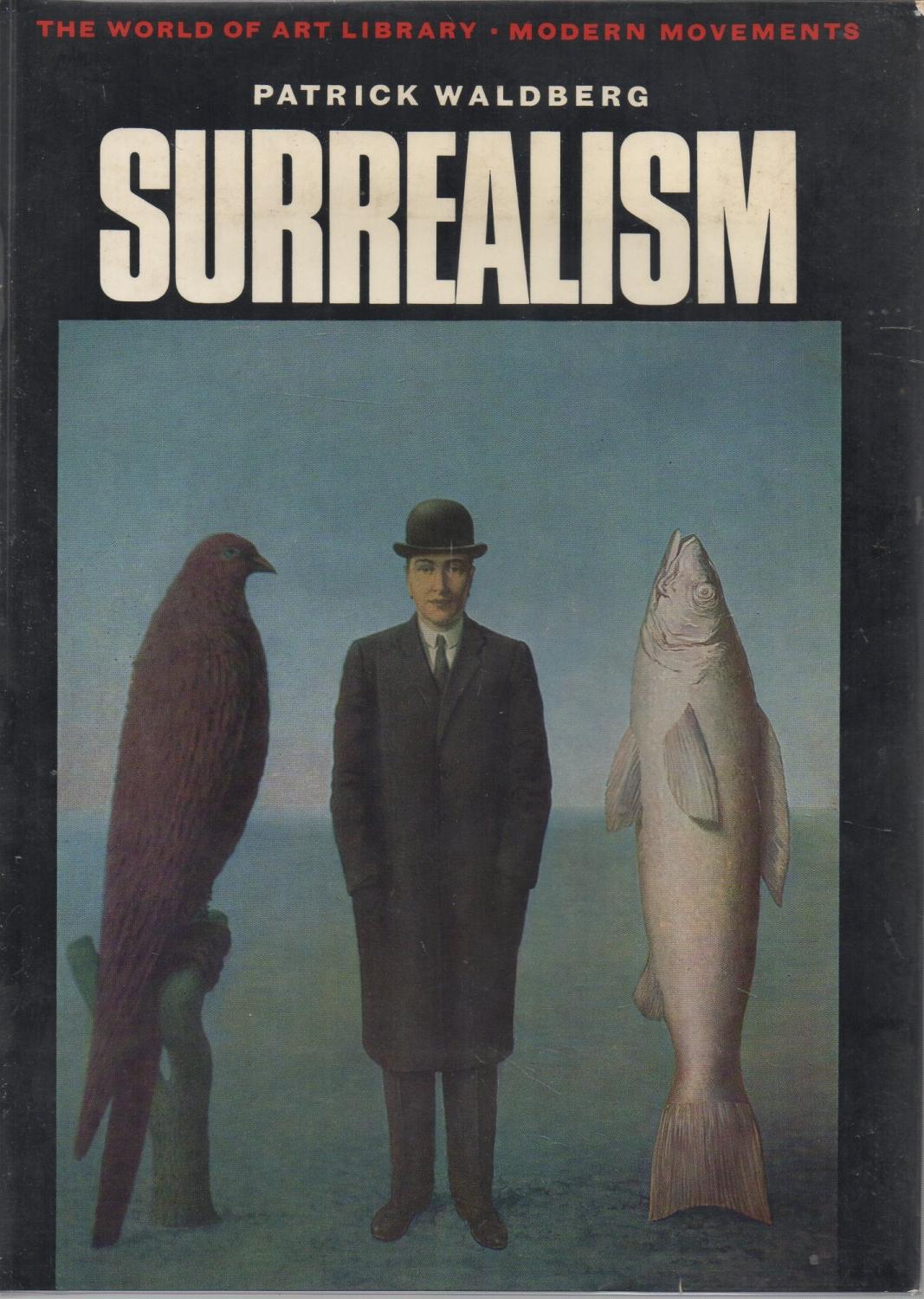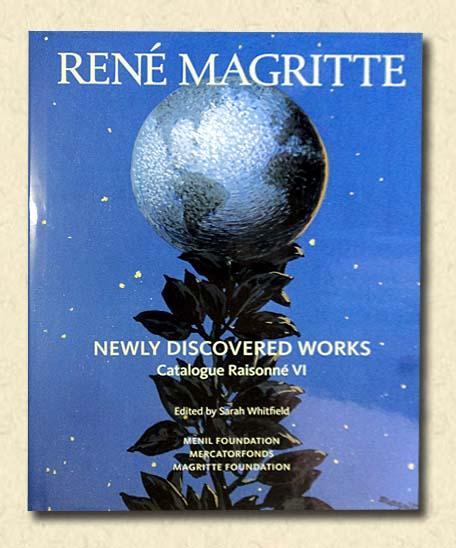-
91504
Bunuel, Luis (Abigail Israel, trans.)
- My Last Sigh The Autobiography
Borzoi Books/Alfred A. Knopf Inc., New York NY, 1983.
First edition: octavo; hardcover, quarter-bound in papered boards. with metallic blue spine and upper board titling; 256pp., untrimmed. Mild wear; previous owner's bookplate to the front pastedown with light offset; very light spotting to the text block top edge. Dustwrapper is well-rubbed and sunned with some moderate edgewear; now professionally protected by superior non-adhesive polypropylene film. Very good. "In his last years, Mr. Bunuel, Spain's most famous film maker, complains of losing his memory - but he had so much to remember. Besides, it makes his book move from image to image, like his films. It may surprise some readers to discover how intuitive and non-intellectualized many of those films were. In the town of Calandra where he was born, Mr. Bunuel writes, the middle ages lasted until World War I. He remembers a group of boys running through the streets at dawn singing 'The Song of Sunrise' to wake the workers. The constant presence of death and religion, he observes, gave him a strong joie de vivre. In his films, he opposed his positive impulse to 'a climate of insecurity and imminent disaster - an atmosphere we all recognize.' He began his career with two Surrealist films: Un Chien Andalou and L'Age d'Or. When the first achieved a succes d'estime in Paris, Mr. Bunuel was summoned to a Surrealist tribunal headed by the humorless Andre Breton, who demanded to know whether the fact of the film's appeal was not a violation of Surrealist principles. Mr. Bunuel describes Breton as 'forever kissing women's hands' - an unconscious Surrealist act, perhaps - and growing furious at Leon Trotsky because the exiled revolutionary was fond of his dog and contended it had 'a human look.' ...Mr. Bunuel knew just about everyone and gives us his candid assessments of them. Though Federico Garcia Lorca was 'charming and irresistible,' his plays were 'ornate and bombastic.' Picasso was friendly and lively, yet selfish and egocentric. Mr. Bunuel found Picasso's Guernica mural 'grandiloquent.' Salvador Dali is represented as brilliant but narcissistic and unreliable. The philosopher Miguel de Unamuno is 'pedantic and humorless'. Jorge Luis Borges appeared to be 'very pretentious and self-absorbed.' Some of these judgements reflect Mr. Bunuel's surprising simplicity, which was both a virtue and a defect in his work. Many of the symbols in his films, for example, symbols that critics made much of, seem to have been listed for Mr. Bunuel's dreams or his life without passing through a process of conscious evaluation. Judging by his own account, he operated intuitively and often used an image simply because he liked it, or because someone had suggested it. If we were to take this literally, it would imply that his films were composed in a very random fashion. What is more likely is that he trusted and relied on his unconscious more than most artists do. In this, at least, he remained a Surrealist, the sort who, like the poet Paul Eluard, first wrote automatic poems and then edited them. Certainly, Belle de Jour and The Discreet Charm of the Bourgeoisie, two of Mr. Bunuel's later films, showed signs of both improvisation and editing. When he saw his first movies in the early part of this century, Mr. Bunuel says, the form was so new and unusual that 'most spectators had difficulty understanding what was happening.' They had to be helped by an explicador, or narrator, who stood beside the piano. In his own films, the author tried to retain that feeling of unusualness, and in this sense at least he almost always succeeded. Here in My Last Sigh, he is interested in a less ambiguous kind of contact, gathering his remaining friends around him and gladly turning his back on desire. For the moving picture of his own life, he's a grand explicador. - Anatole Broyard
Click here to order
$32
|
|
